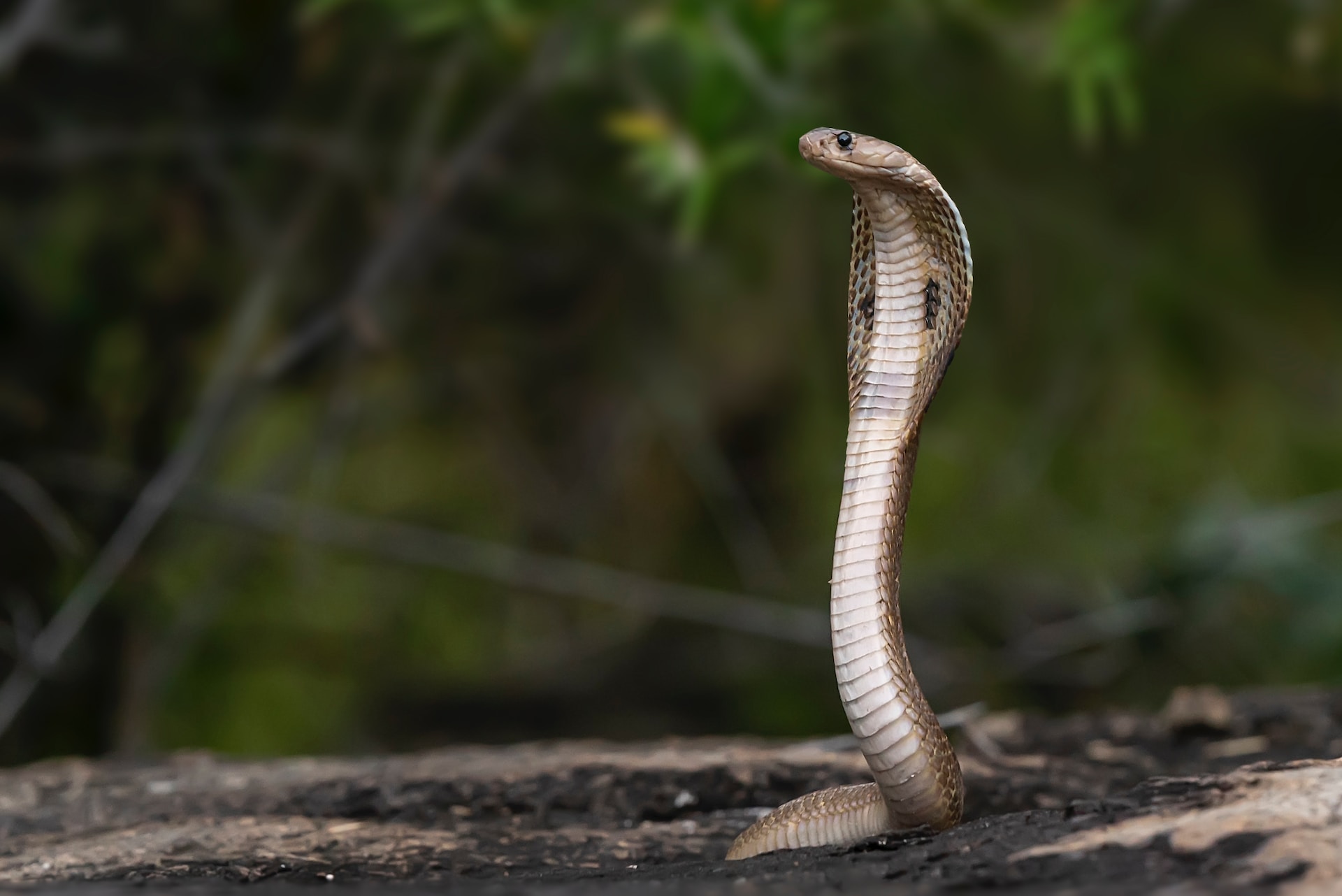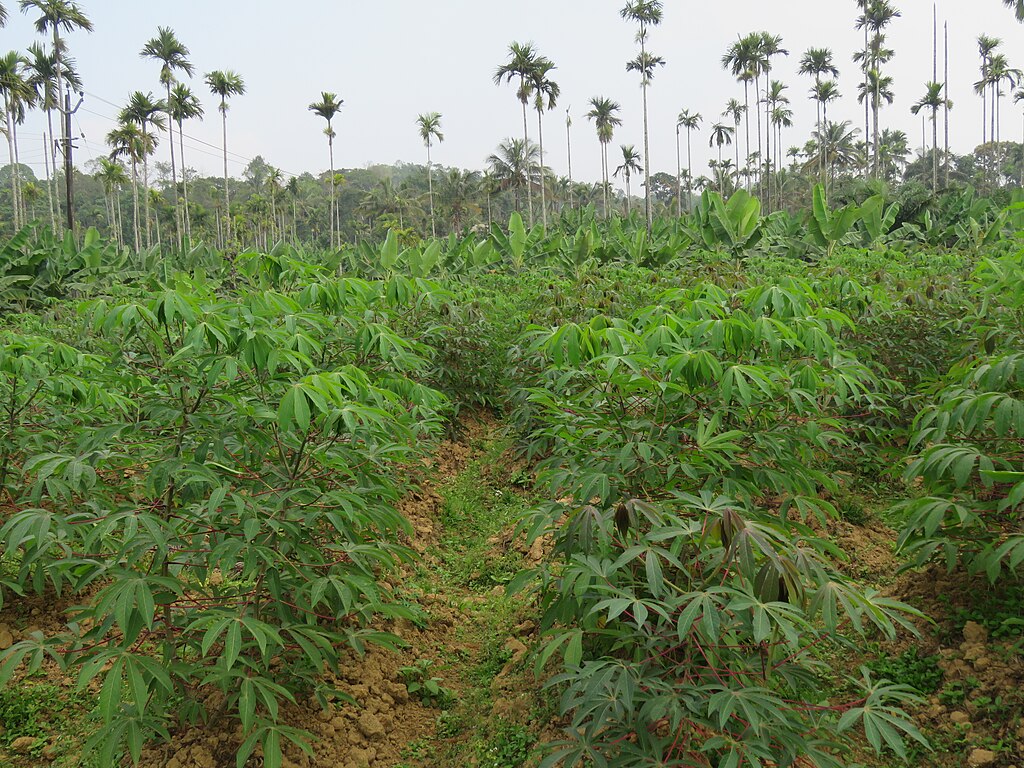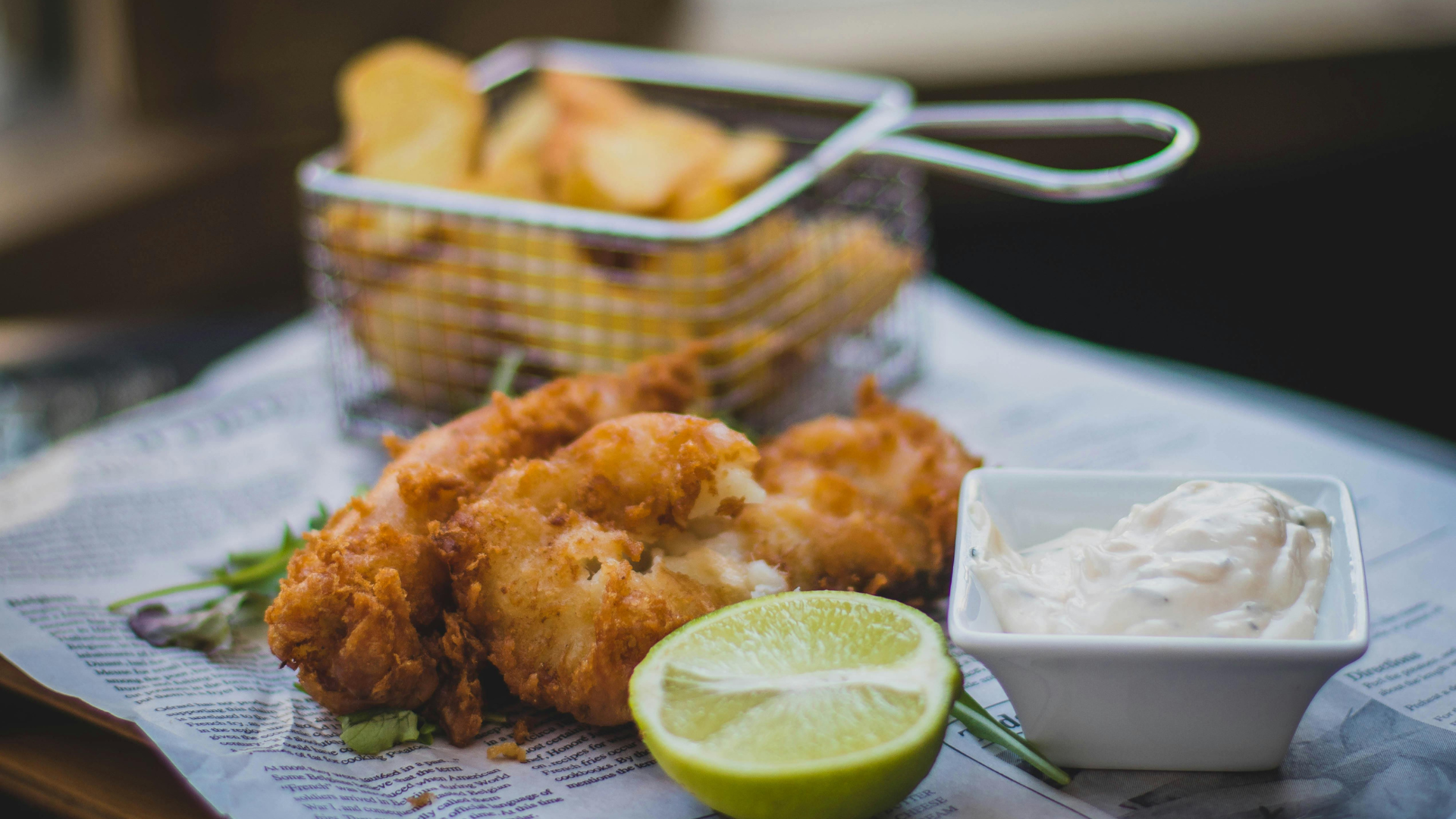If you're a foodie or just love random facts, you're going to absolutely love this article on 40 different foods around the world that have been banned (and for good reason!). The world is full of exotic eats, but some, we could probably do without. Keep scrolling to learn more!
1. Casu Marzu (Italy)
This Sardinian cheese contains live insect larvae, which are added to accelerate fermentation. However, due to health concerns, it's illegal to sell commercially within the European Union.
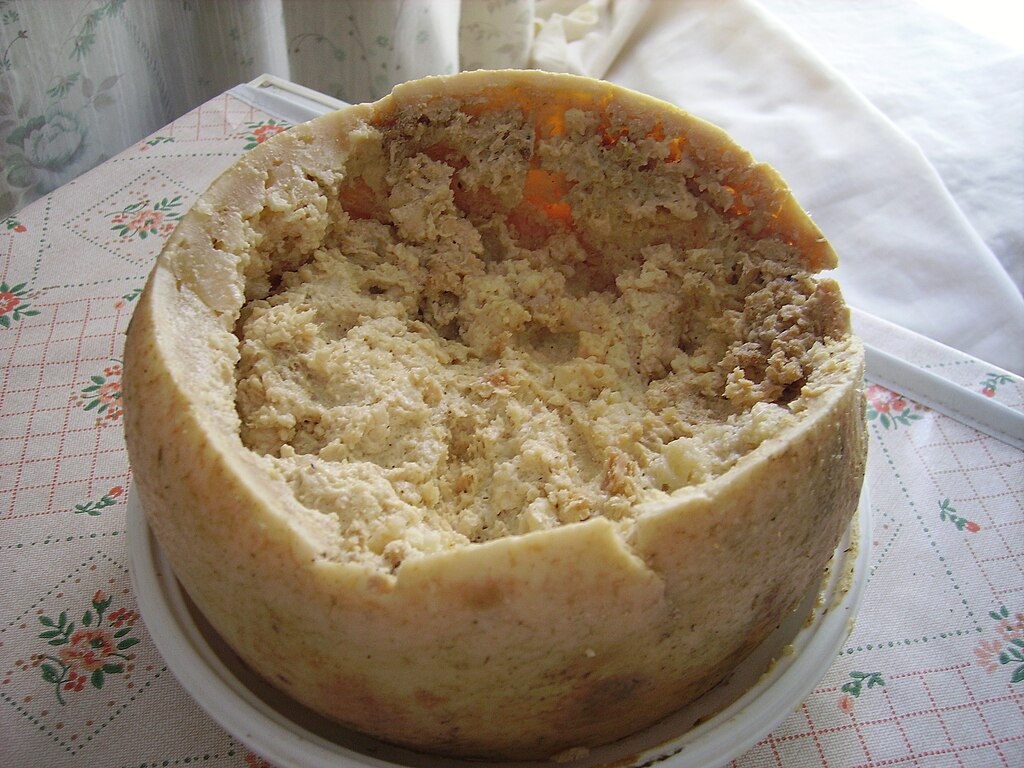 Photo by Shardan on Wikimedia Commons
Photo by Shardan on Wikimedia Commons
2. Fugu (Japan)
Fugu, or pufferfish, contains tetrodotoxin, a lethal poison. Only chefs with a special license can prepare it in Japan, while it's banned in many other countries.
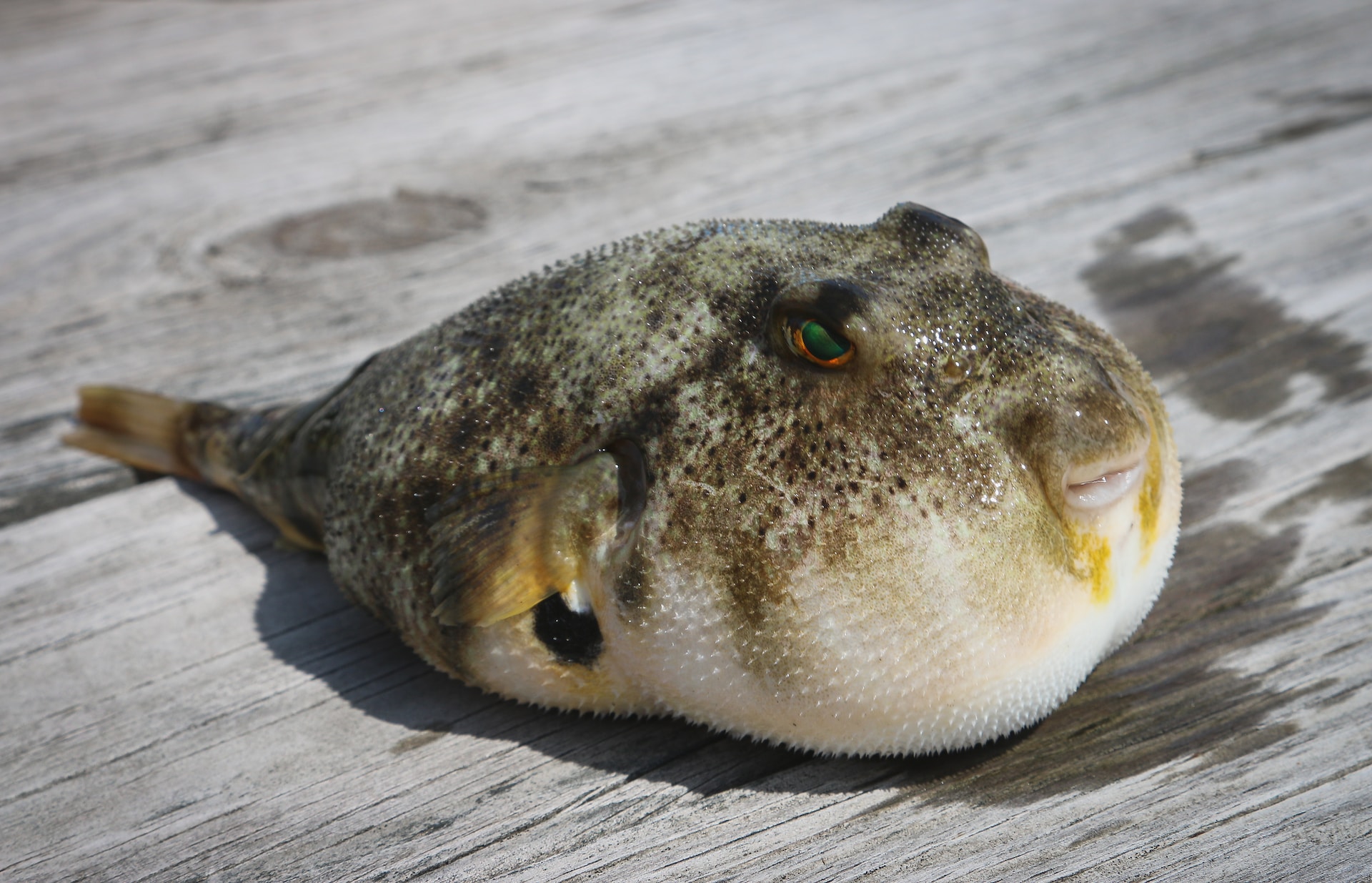 Photo by Brian Yurasits on Unsplash
Photo by Brian Yurasits on Unsplash
3. Absinthe (Several Countries)
Originally from Switzerland, Absinthe was banned in the U.S. and several European countries due to its high alcohol content and the hallucinogenic properties attributed to wormwood. Modern absinthe doesn't have these properties and bans have been lifted in many areas.
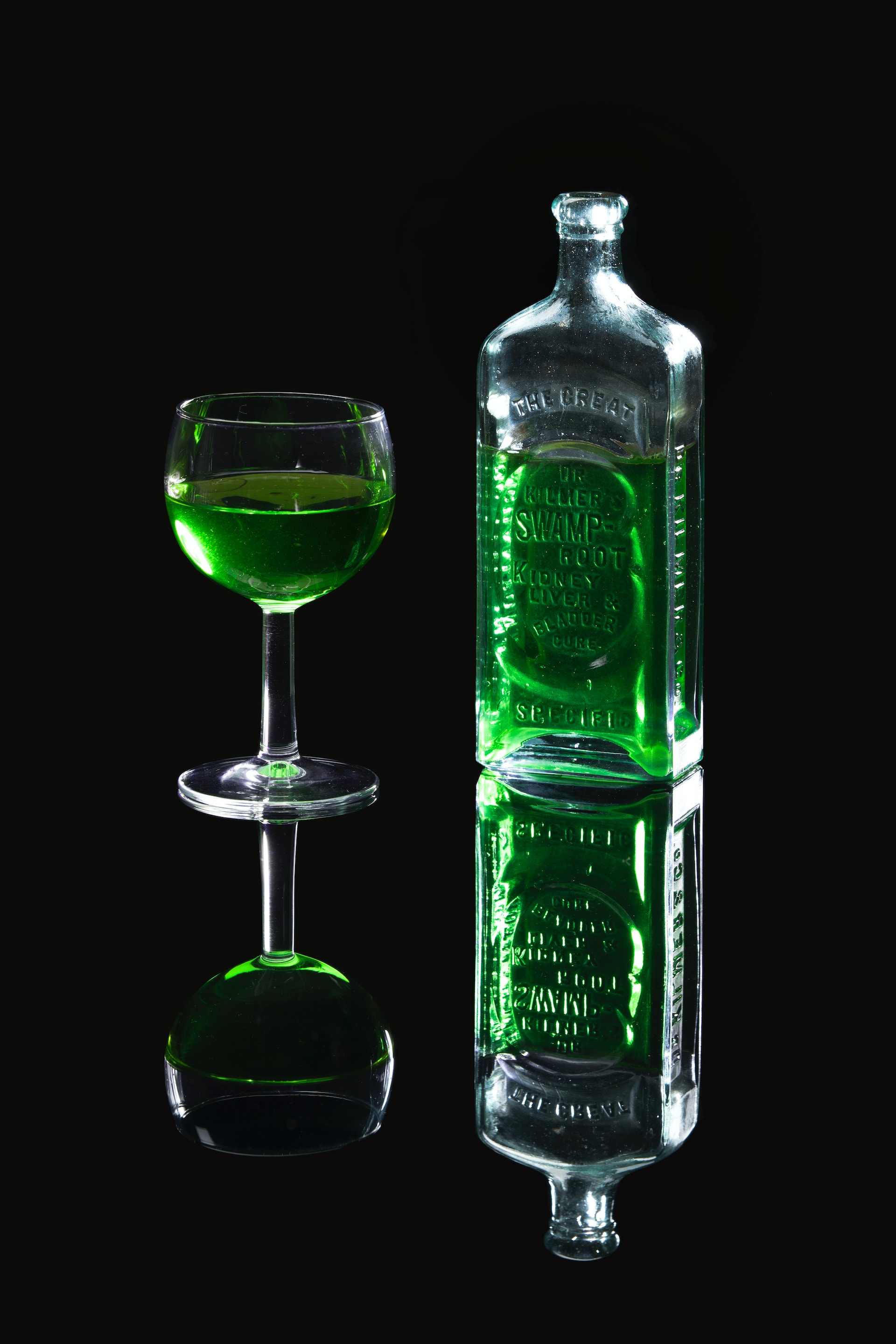 Photo by Randy Fath on Unsplash
Photo by Randy Fath on Unsplash
4. Samosa (Somalia)
The triangular snack was banned by Al-Shabaab, a militant Islamist group, in Somalia. They believed its shape represented the Christian Holy Trinity.
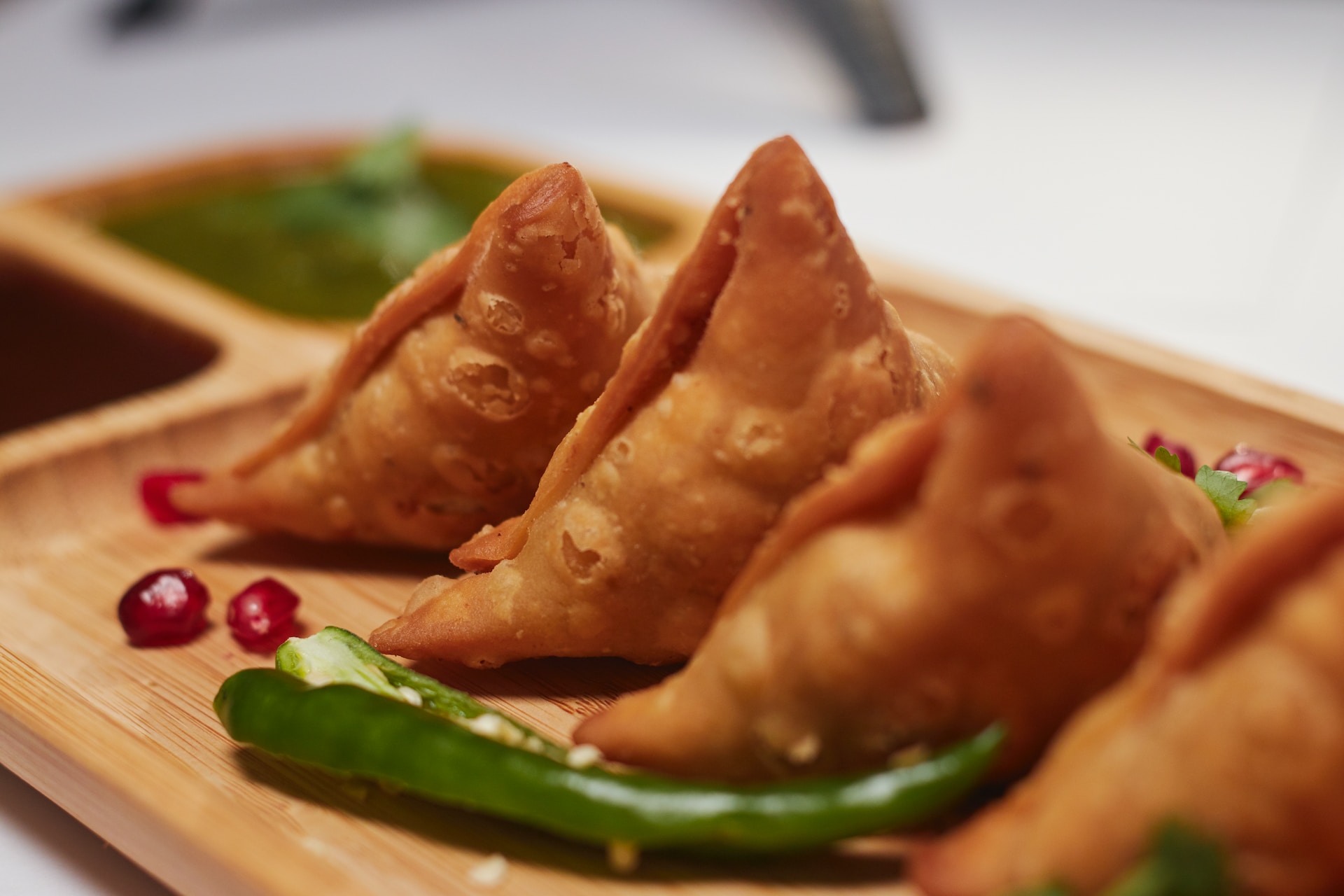 Photo by kabir cheema on Unsplash
Photo by kabir cheema on Unsplash
5. Haggis (USA)
Haggis, a Scottish dish made from sheep’s organ meats, is banned in the U.S. because it contains sheep lung, which the USDA prohibits in food products.
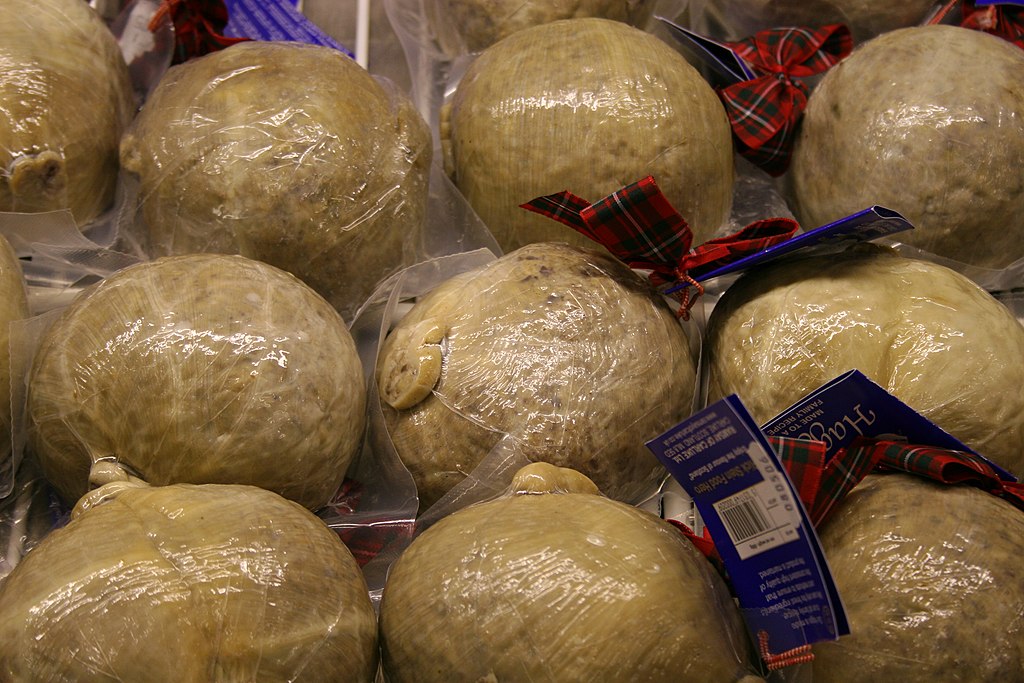 Photo by Anonymous on Wikimedia Commons
Photo by Anonymous on Wikimedia Commons
6. Horse Meat (USA and UK)
While consumed in many parts of the world, horse meat is illegal to produce in the U.S. and is culturally taboo in the UK.
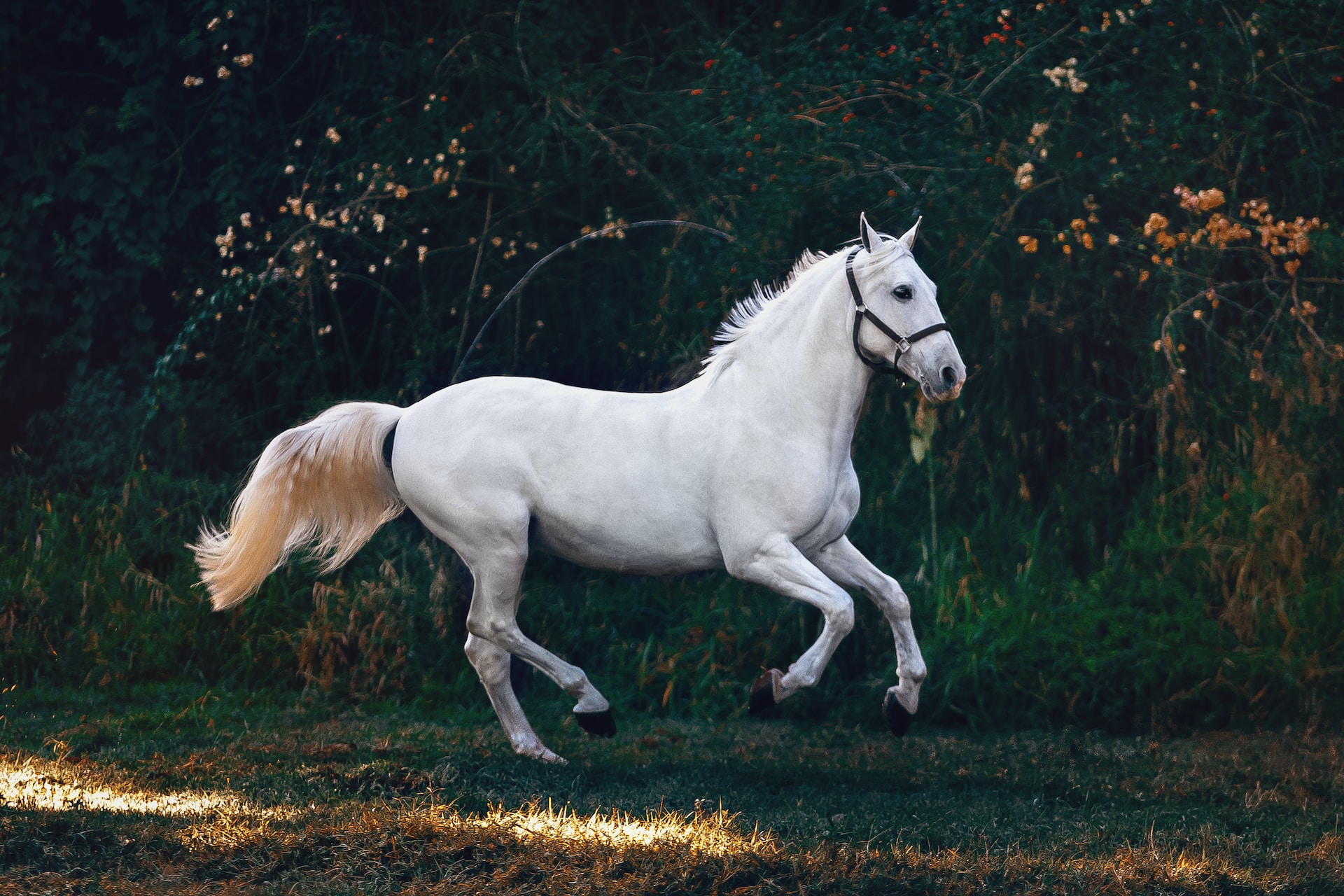 Photo by Helena Lopes on Unsplash
Photo by Helena Lopes on Unsplash
7. Kinder Surprise Eggs (USA)
Kinder Surprise, a chocolate egg with a toy inside, is banned in the U.S. because of the choking hazard the toy presents.
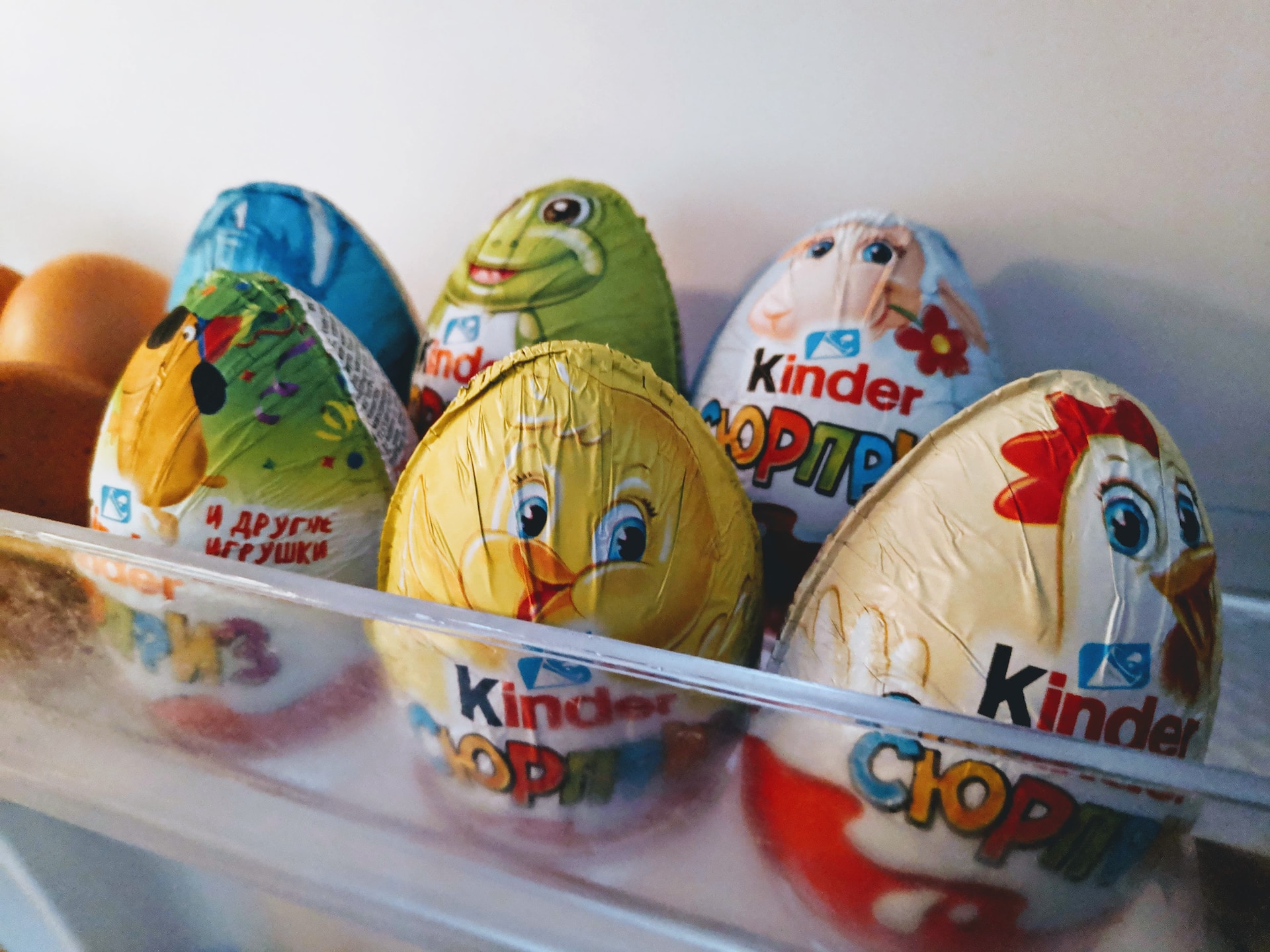 Photo by Tasha Kostyuk on Unsplash
Photo by Tasha Kostyuk on Unsplash
8. Chewing Gum (Singapore)
Singapore banned chewing gum in 1992 due to concerns about littering and maintenance in its public transportation system. There are exceptions for therapeutic gum.
 Photo by Karina Miranda on Unsplash
Photo by Karina Miranda on Unsplash
9. Foie Gras (Several Countries)
Produced by force-feeding ducks or geese, foie gras is banned in several countries, including parts of India and Italy, due to animal welfare concerns.
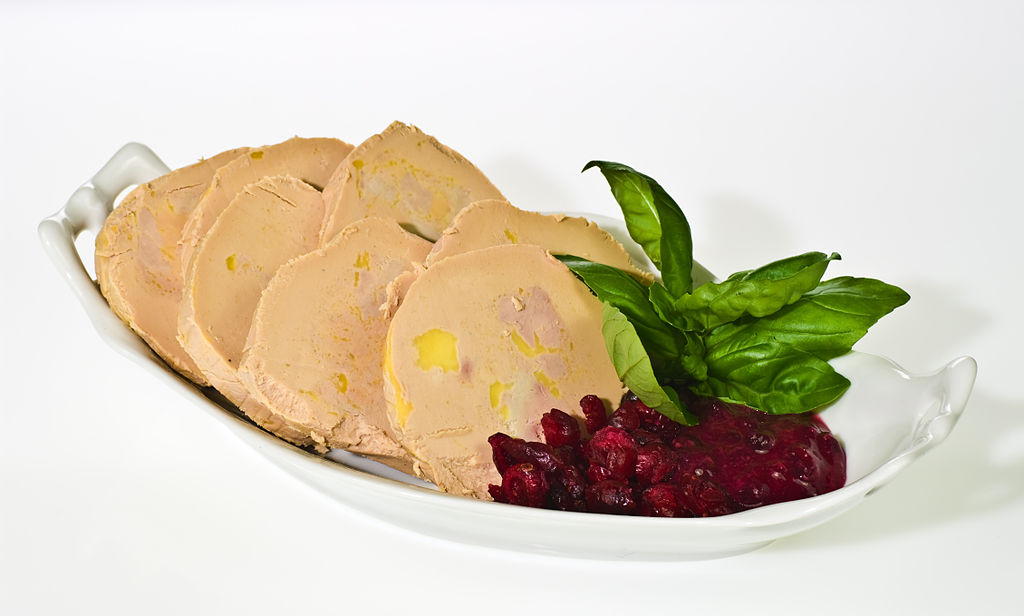 Photo by Nikodem Nijaki on Wikimedia Commons
Photo by Nikodem Nijaki on Wikimedia Commons
10. Shark Fin Soup (Several Countries)
Although a delicacy in some cultures, shark finning is controversial and banned in many countries due to environmental and cruelty concerns.
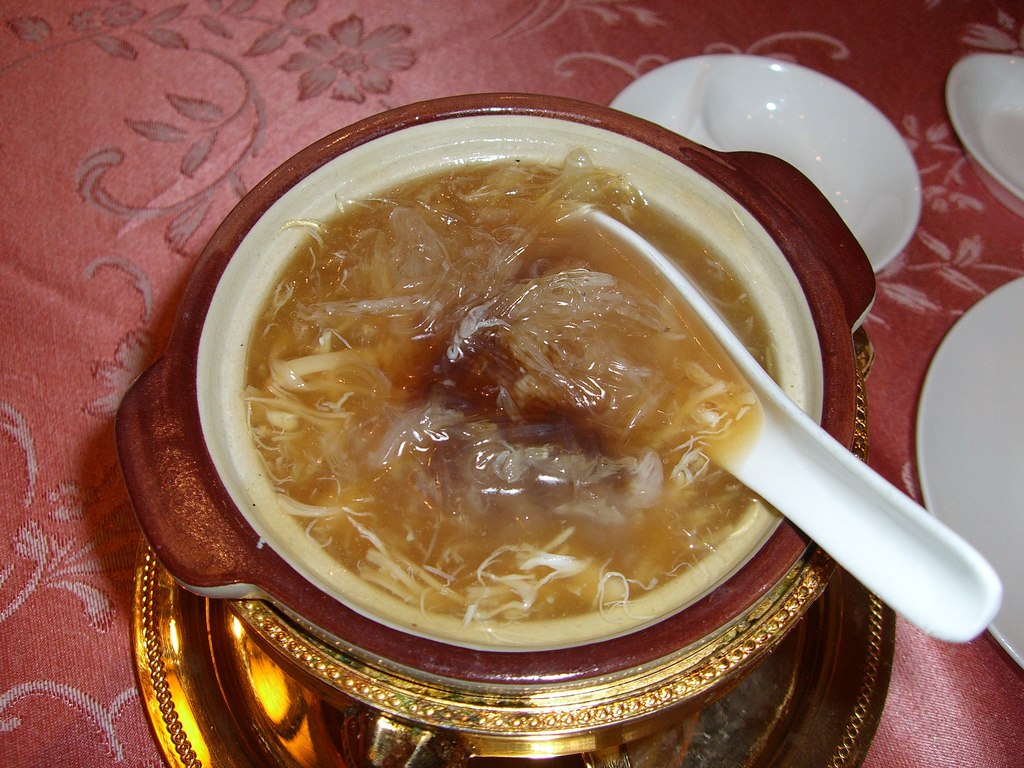 Photo by Conveyor belt sushi on Wikimedia Commons
Photo by Conveyor belt sushi on Wikimedia Commons
11. Ackee (USA)
Native to West Africa but popular in Jamaican cuisine, only fully ripe ackee fruit is safe to eat. The U.S. bans fresh ackee due to its potential toxicity when unripe.
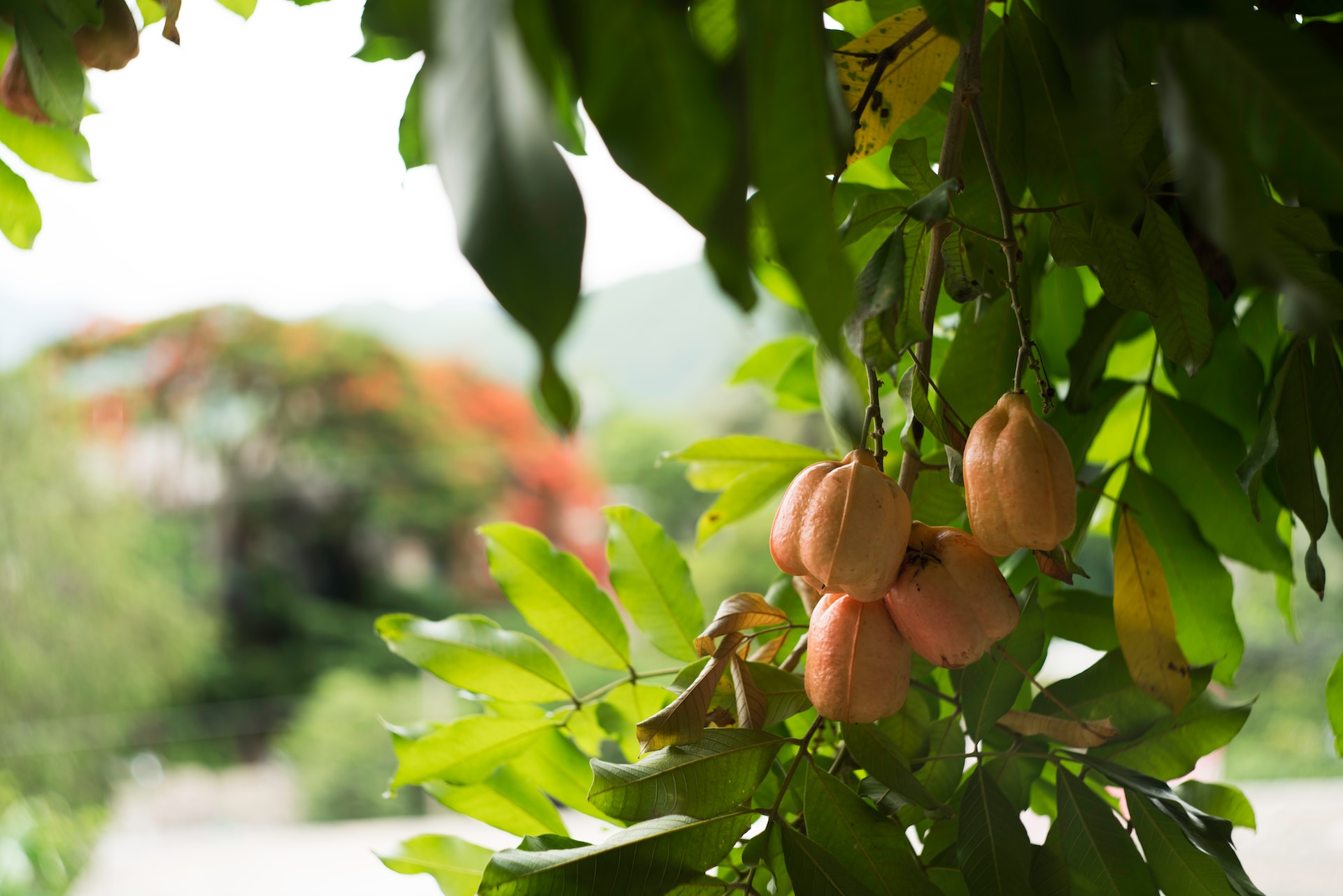 Photo by Elite Inception Co on Unsplash
Photo by Elite Inception Co on Unsplash
12. Beluga Caviar (Several Countries)
Overfishing has led to bans on the import and export of Beluga caviar in countries like the U.S. to protect the endangered Beluga sturgeon.
 Photo by Mendar Bouchali on Unsplash
Photo by Mendar Bouchali on Unsplash
13. Sassafras Oil (USA)
Once a primary ingredient in root beer, sassafras oil was banned by the FDA because it contains safrole, a potential carcinogen.
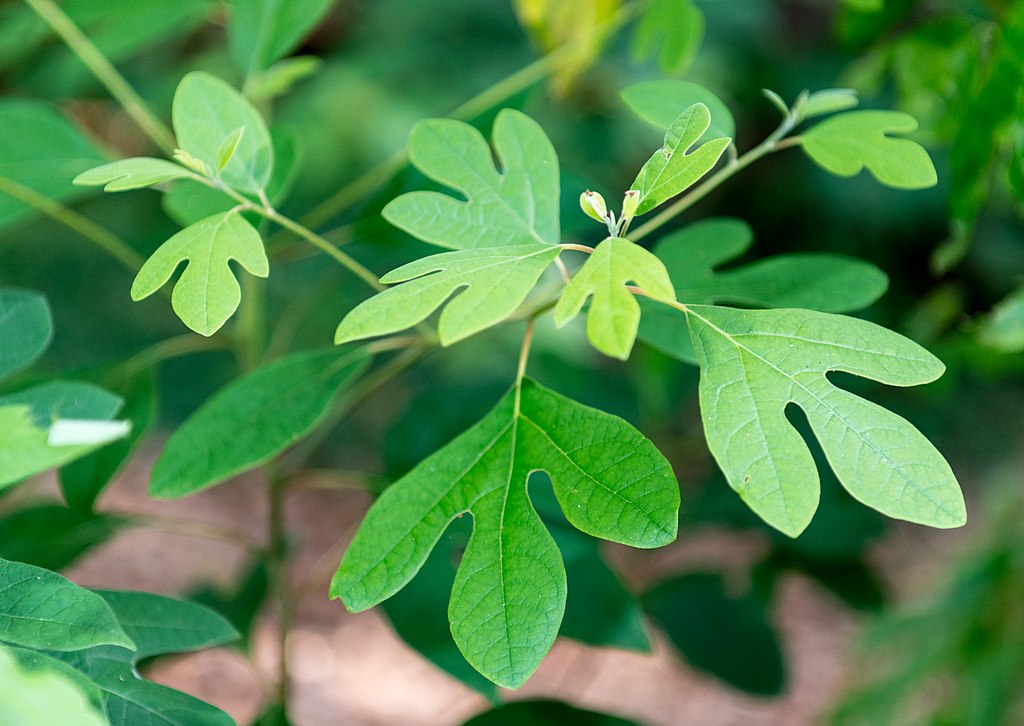 Photo by Randy Everette on Wikimedia Commons
Photo by Randy Everette on Wikimedia Commons
14. Pangolin Meat (Several Countries)
Pangolins are the most trafficked mammals, leading to international bans on their trade. Consuming their meat is illegal in many countries to prevent their extinction.
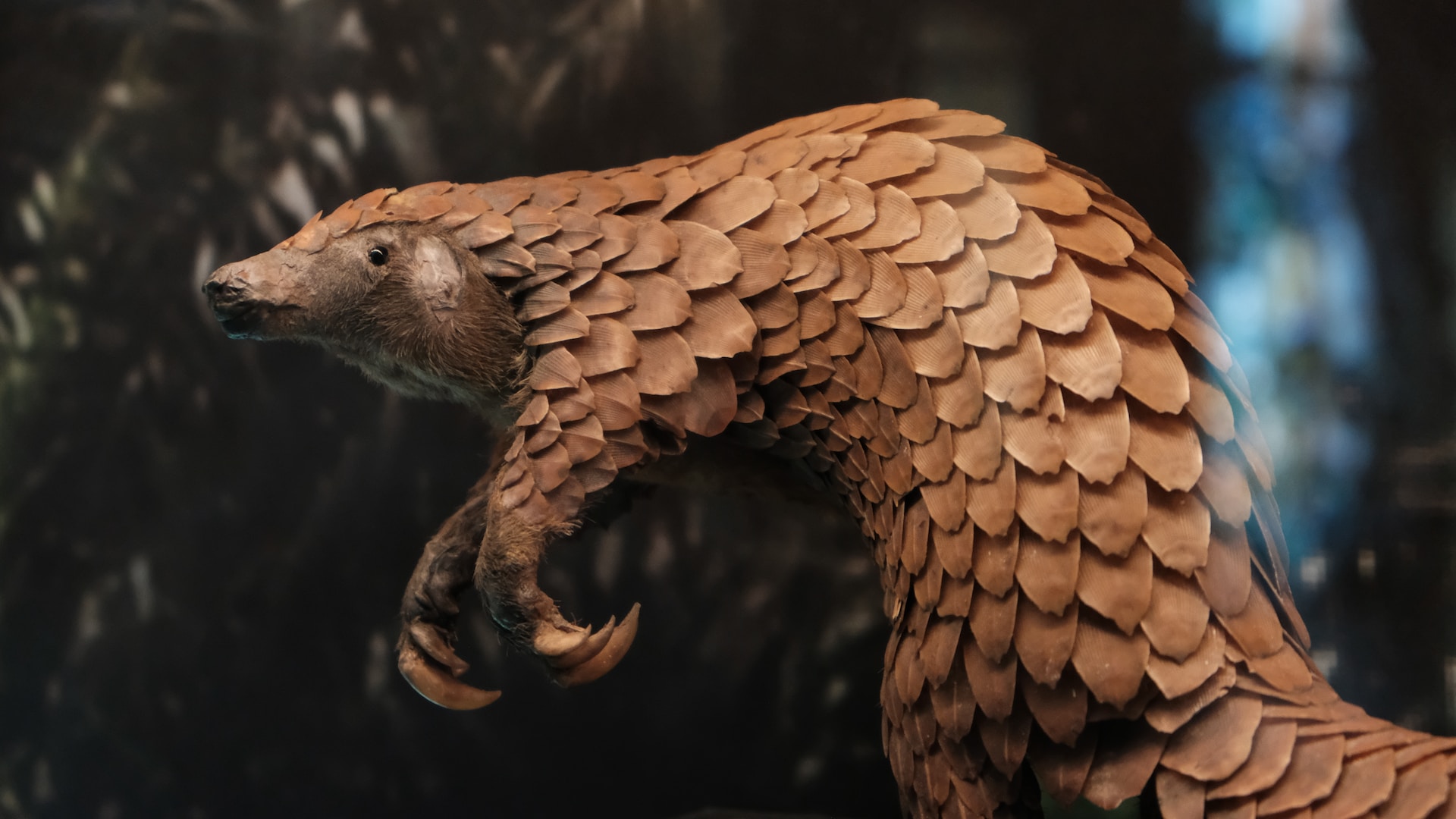 Photo by Studio Crevettes on Unsplash
Photo by Studio Crevettes on Unsplash
15. Mirabelle Plums (Outside European Union)
These small, sweet plums from Lorraine, France, are protected by the EU's PDO designation. This means they can't be imported or sold outside the EU unless they meet specific criteria.
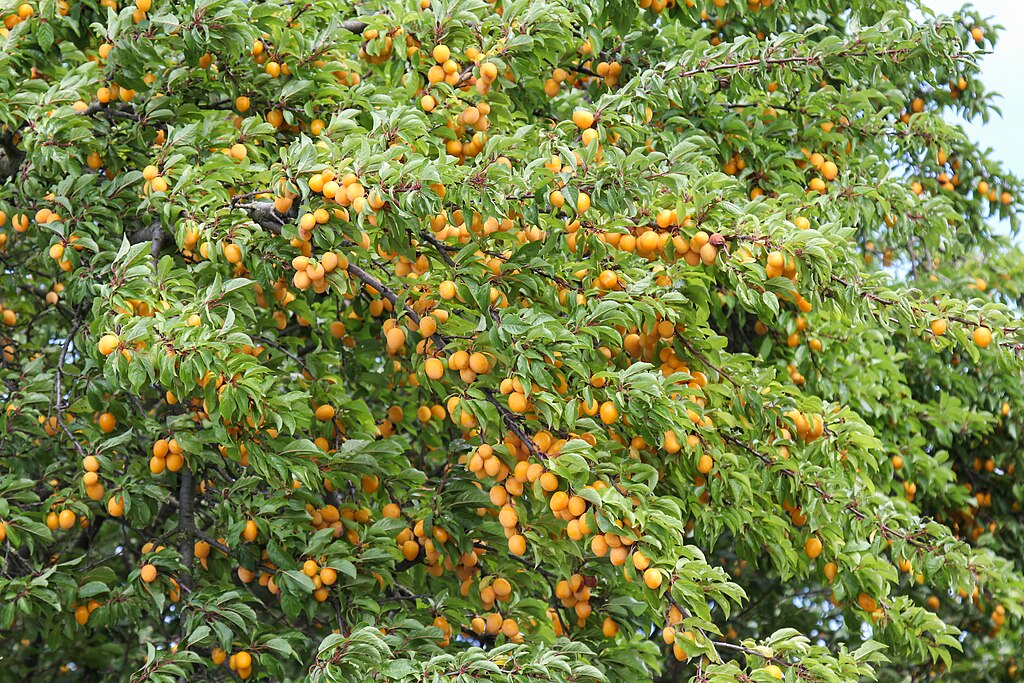 Photo by Maja Dumat from Deutschland (Germany) on Wikimedia Commons
Photo by Maja Dumat from Deutschland (Germany) on Wikimedia Commons
16. Raw Milk (Several Countries)
While some praise its health benefits, raw milk is banned in many countries, including parts of the U.S., due to concerns over bacteria and diseases.
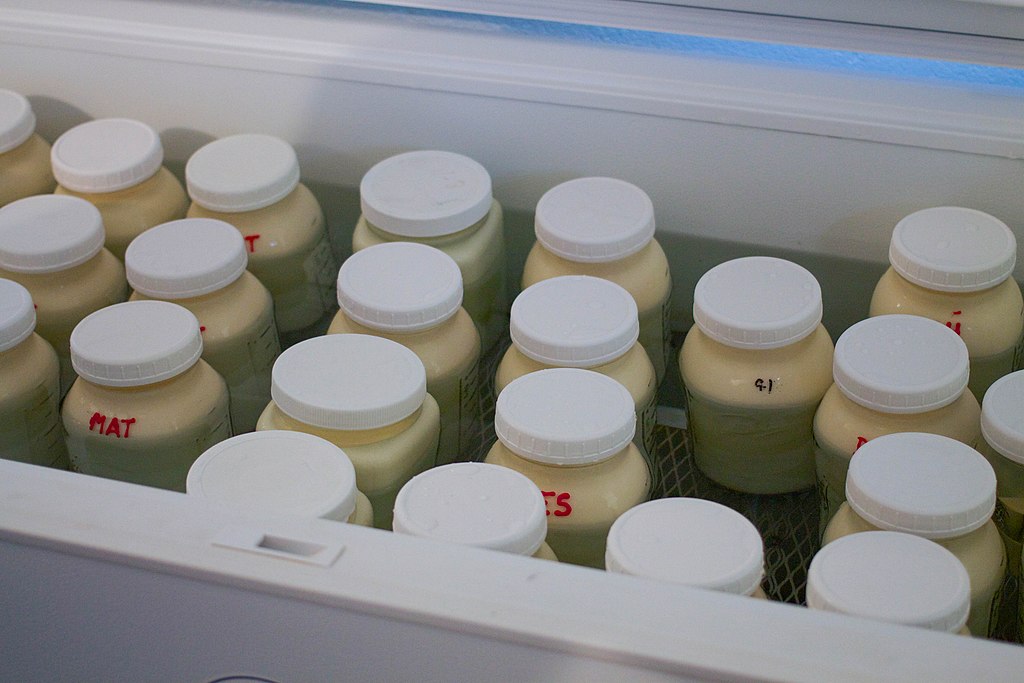 Photo by LWYang from USA on Wikimedia Commons
Photo by LWYang from USA on Wikimedia Commons
17. Poppy Seeds (Several Countries)
While commonly used in baking, poppy seeds are banned in countries like Saudi Arabia and the UAE because they can contain trace amounts of narcotics.
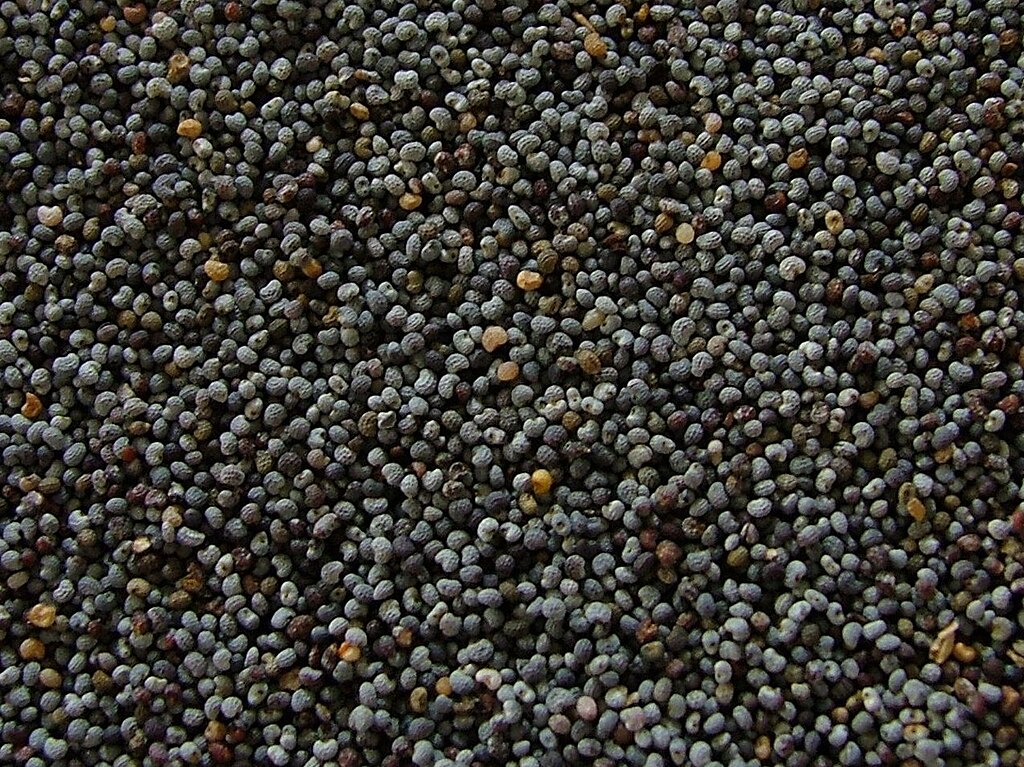 Photo by Odedr on Wikimedia Commons
Photo by Odedr on Wikimedia Commons
18. Turtle Soup (Several Countries)
Once a popular dish in the U.S., turtle soup is now banned in many places because many turtle species are endangered.
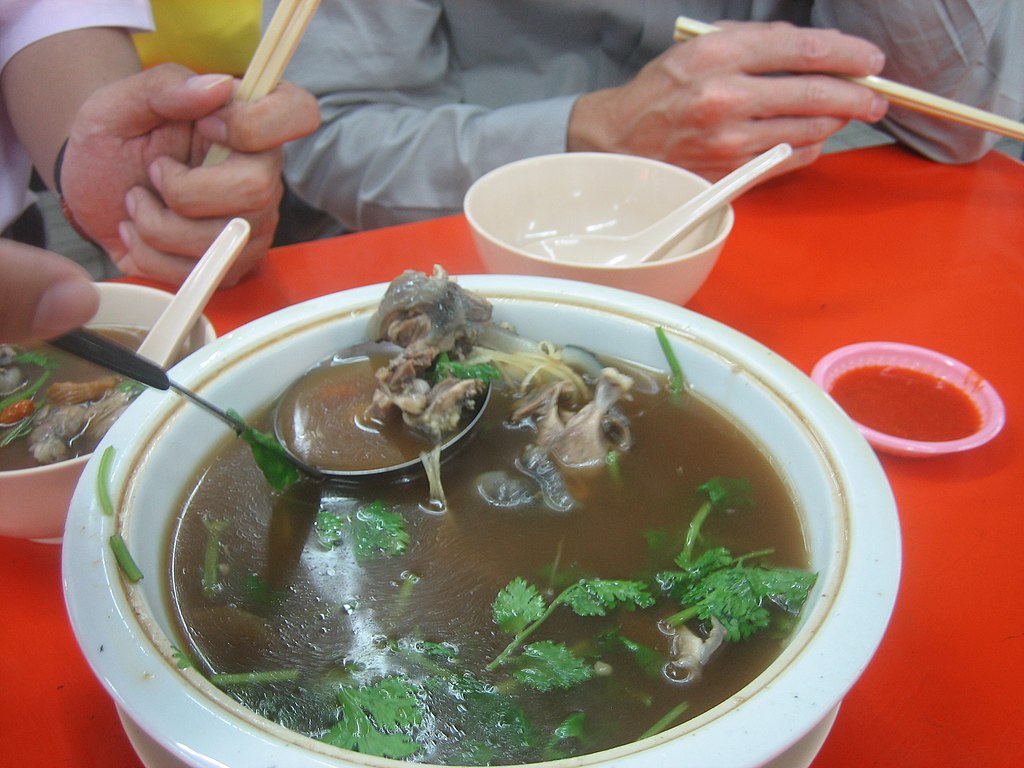 Photo by Ernesto Andrade from Fremont, United States. on Wikimedia Commons
Photo by Ernesto Andrade from Fremont, United States. on Wikimedia Commons
19. Birds' Nest Soup (USA)
A delicacy in Chinese cuisine, made from the saliva nests of swiftlets, is banned in the U.S. due to concerns about bird flu.
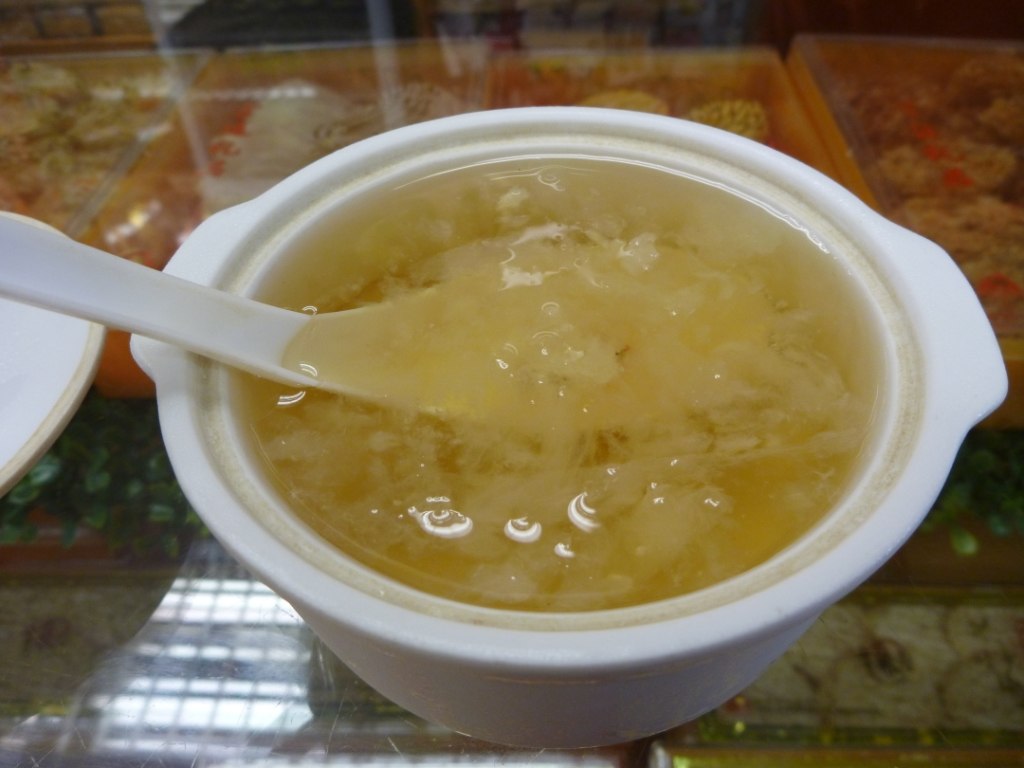 Photo by Robert Staudhammer from Earth on Wikimedia Commons
Photo by Robert Staudhammer from Earth on Wikimedia Commons
20. Bushmeat (Several Countries)
Bushmeat, or wild game meat, is banned in many countries due to concerns about disease transmission and threats to wildlife populations.
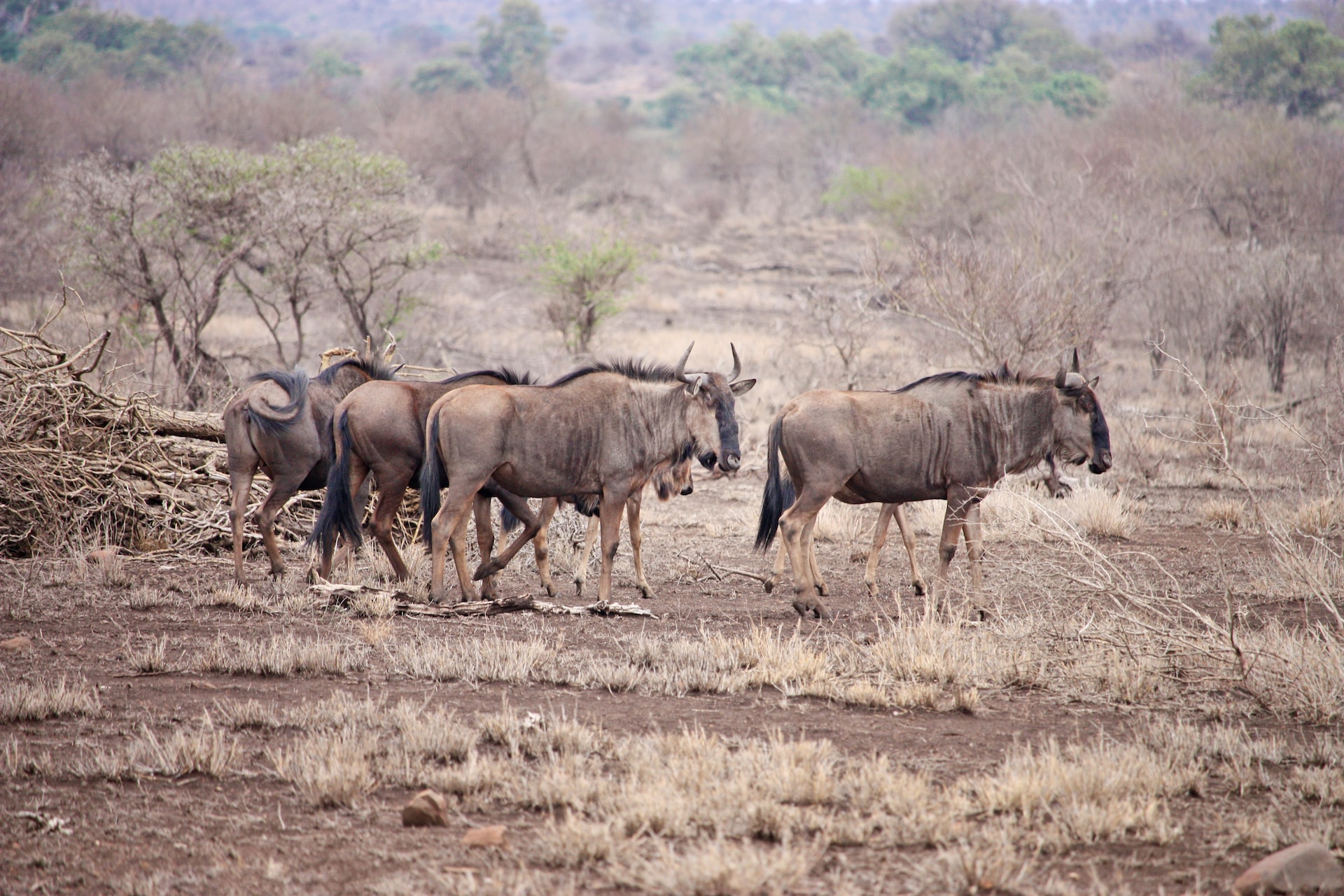 Photo by Amanda Silva on Unsplash
Photo by Amanda Silva on Unsplash
21. Durian (Public Transport in Several Asian Countries)
Famous for its pungent aroma, durian is forbidden on many public transportation systems in countries like Singapore and Thailand. Its smell is so strong that it can be off-putting to many.
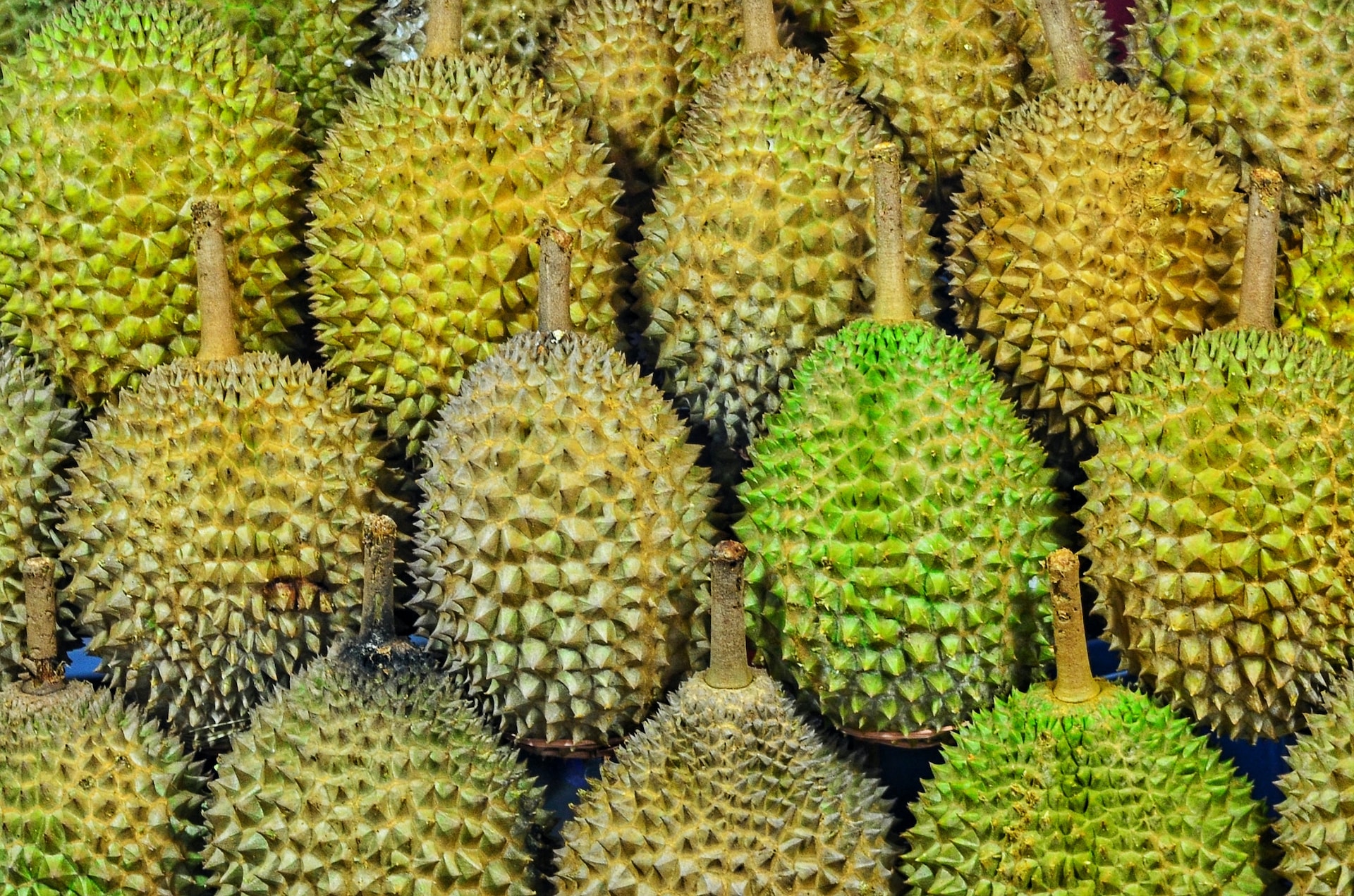 Photo by Jonny Clow on Unsplash
Photo by Jonny Clow on Unsplash
22. Ortolan (France)
Once a French delicacy, ortolan, a small songbird, is now illegal to catch and sell in France. This ban addresses concerns over cruelty and the potential extinction of the species.
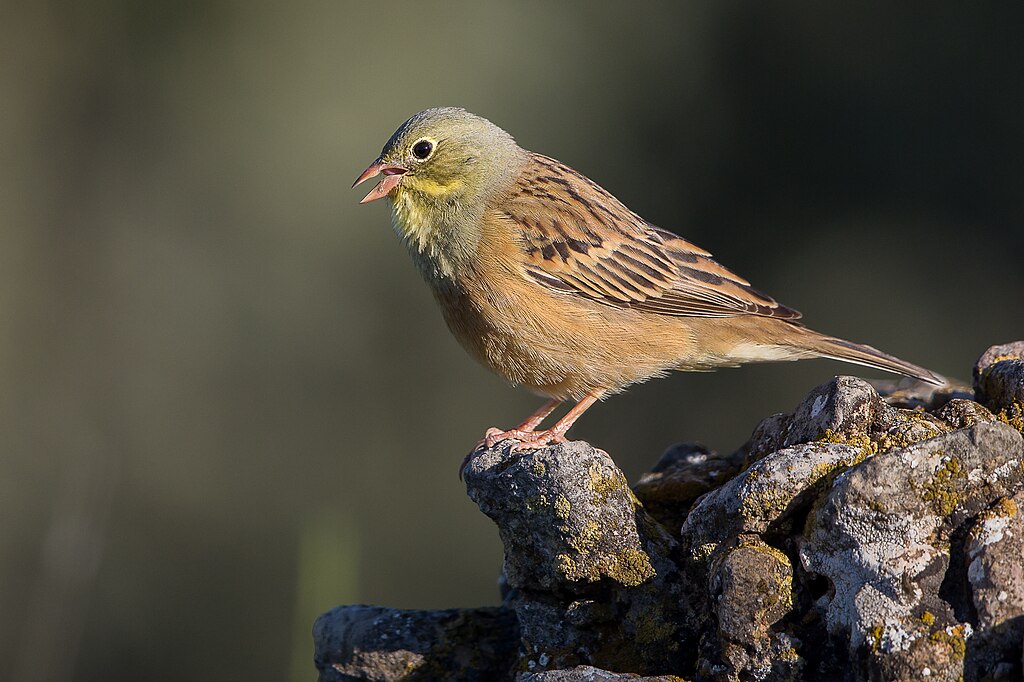 Photo by Pierre Dalous on Wikimedia Commons
Photo by Pierre Dalous on Wikimedia Commons
23. Mangosteen (USA)
Although not banned outright, mangosteens were once forbidden in the U.S. due to concerns about bringing Asian fruit flies into the country. Regulations have since changed, allowing irradiated mangosteens to enter.
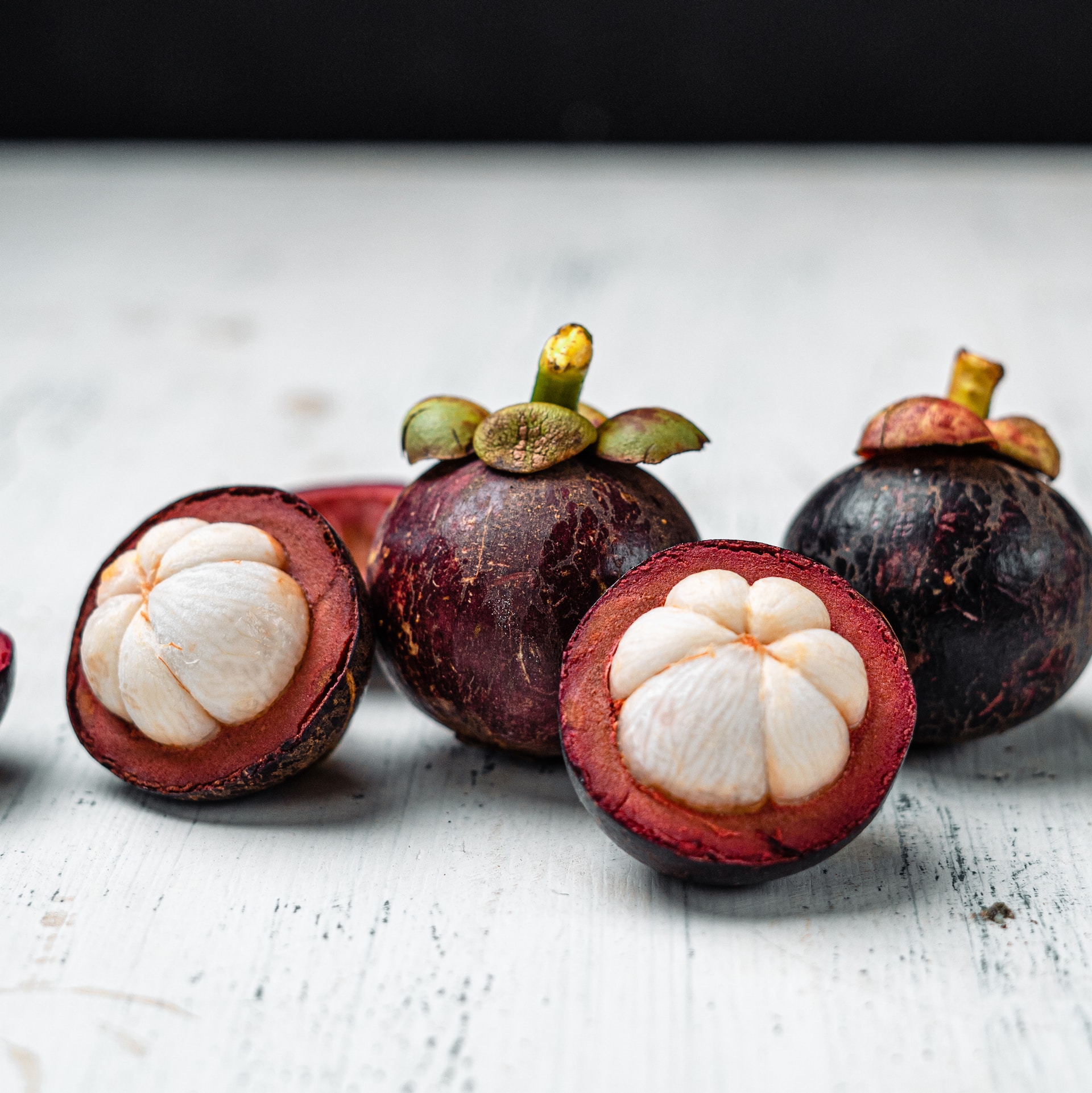 Photo by Art Rachen on Unsplash
Photo by Art Rachen on Unsplash
24. Sea Cucumber (Several Countries)
Due to concerns about overfishing, some countries have restrictions or bans on harvesting sea cucumbers. This creature plays an important role in maintaining marine ecosystems.
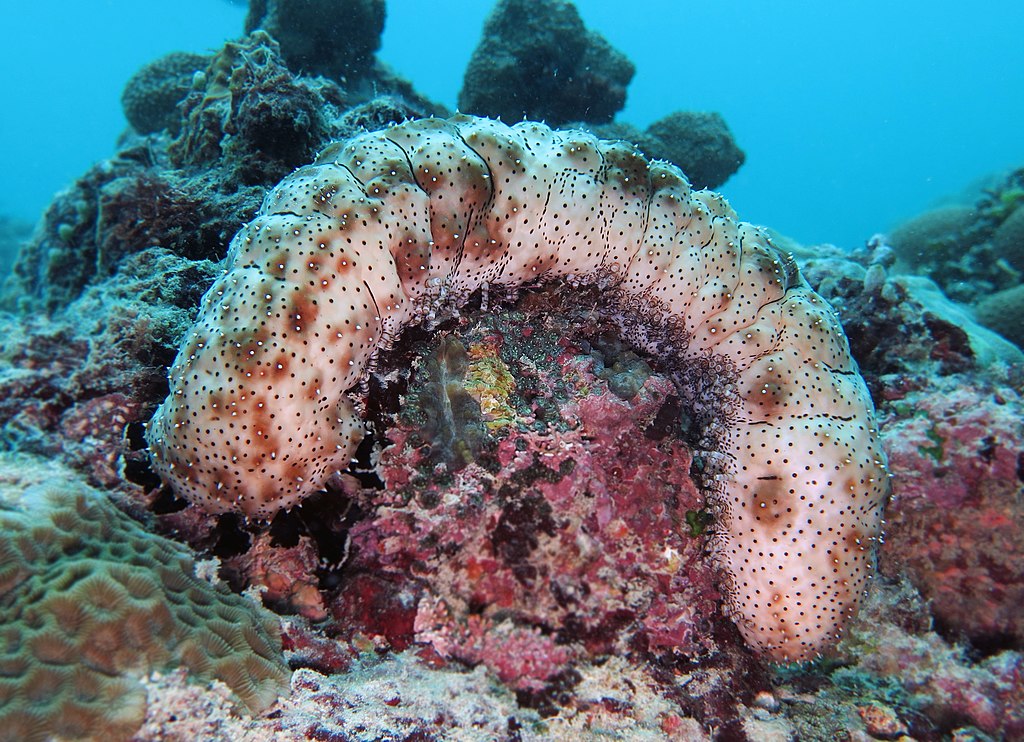 Photo by Vardhanjp on Wikimedia Commons
Photo by Vardhanjp on Wikimedia Commons
25. Queen Conch (USA)
Wild-caught queen conch from several countries is banned in the U.S. due to overfishing and conservation concerns. Farm-raised conch is still allowed.
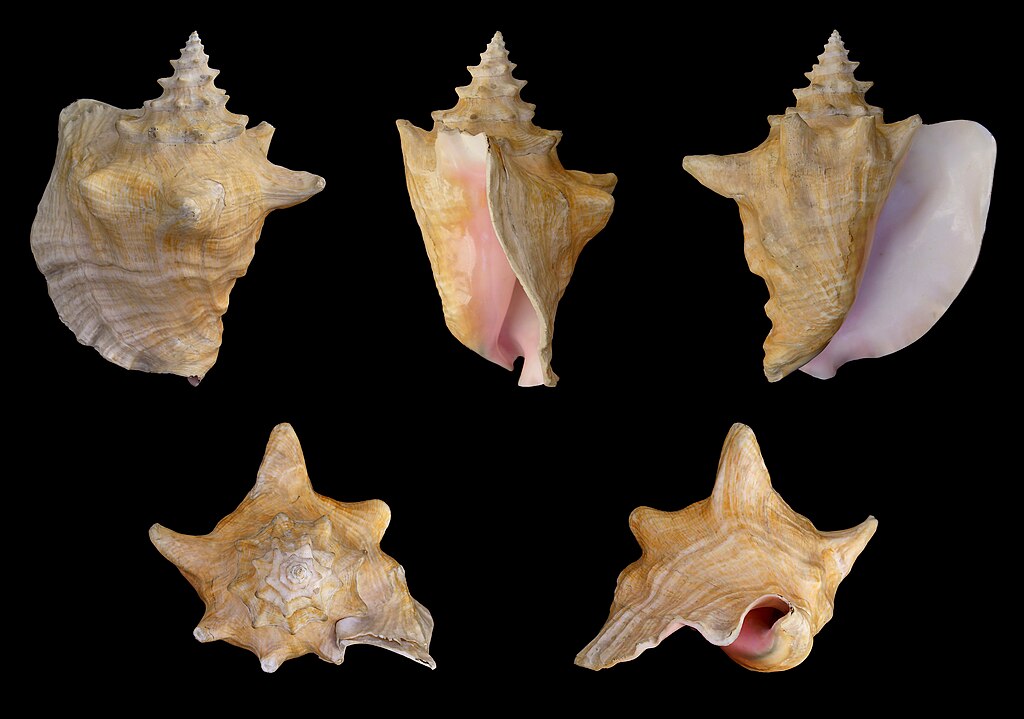 Photo by H. Zell on Wikimedia Commons
Photo by H. Zell on Wikimedia Commons
26. Salema Porgy (Several Countries)
This Mediterranean fish, when consumed, can sometimes cause hallucinations. Because of this, it's banned or discouraged from consumption in some areas.
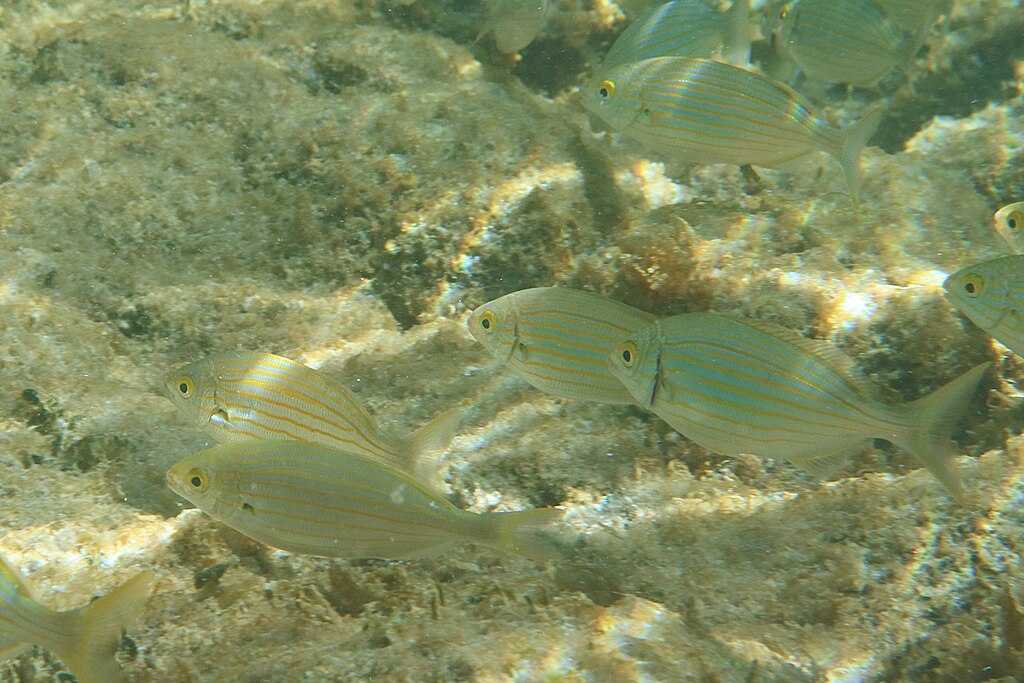 Photo by Holger Krisp on Wikimedia Commons
Photo by Holger Krisp on Wikimedia Commons
27. Redfish (USA)
Once massively popular in the U.S., especially in blackened dishes, redfish was overfished and then banned in the late 1980s. While restrictions have since eased, there are still strict regulations.
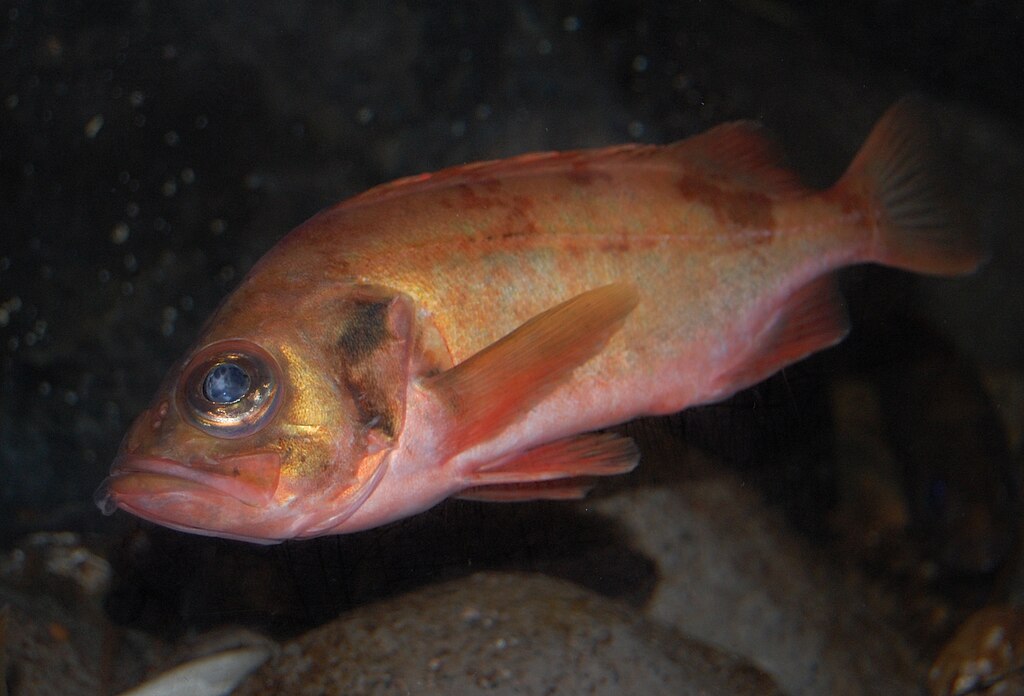 Photo by Steven G. Johnson on Wikimedia Commons
Photo by Steven G. Johnson on Wikimedia Commons
28. Lángos Prawn (Several Countries)
This species of prawn, found in Southeast Asia, produces a toxin that can cause serious food poisoning. Because of this, it's banned in several countries.
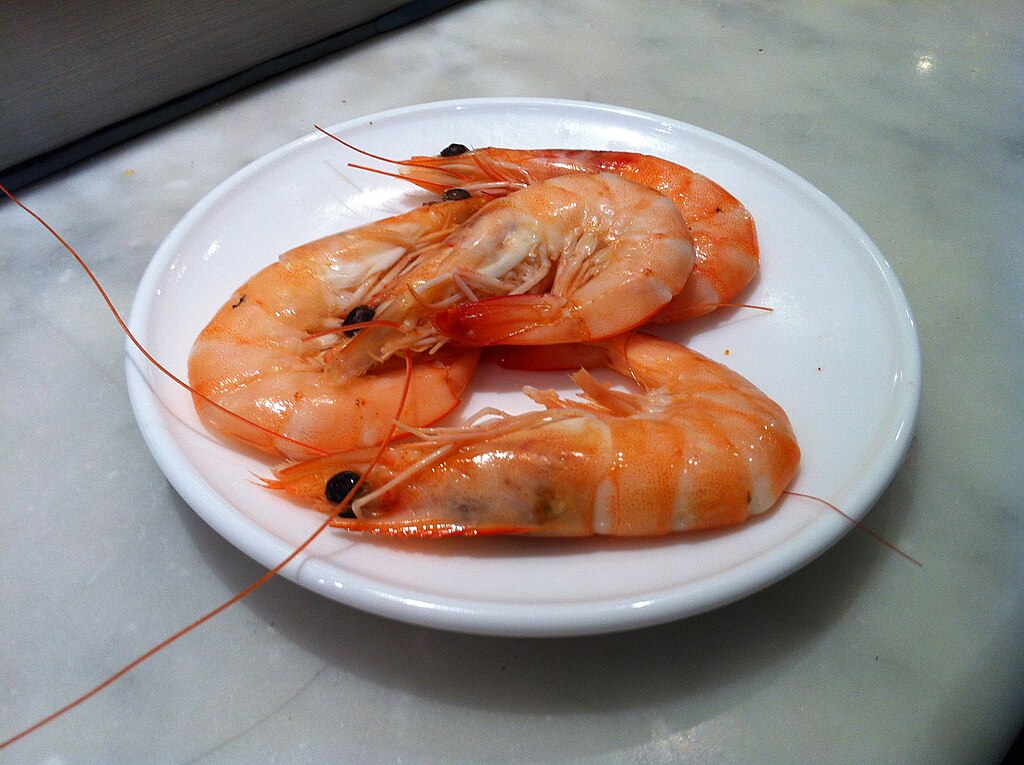 Photo by Tamorlan on Wikimedia Commons
Photo by Tamorlan on Wikimedia Commons
29. Tonka Beans (USA)
Used in some gourmet foods, tonka beans contain coumarin, a chemical which the FDA believes can be harmful in large amounts, leading to its ban.
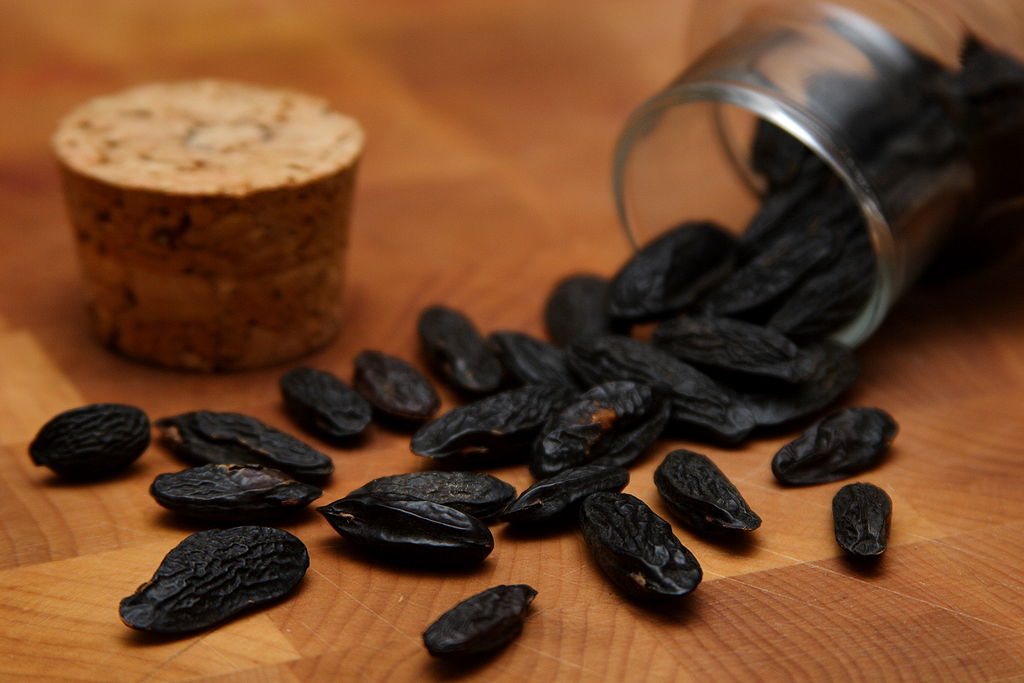 Photo by Mecredis / Fred Benenson on Wikimedia Commons
Photo by Mecredis / Fred Benenson on Wikimedia Commons
30. Sannakji (Several Countries)
This Korean dish of live octopus tentacles can be a choking hazard. It's banned or discouraged in some countries due to safety concerns.
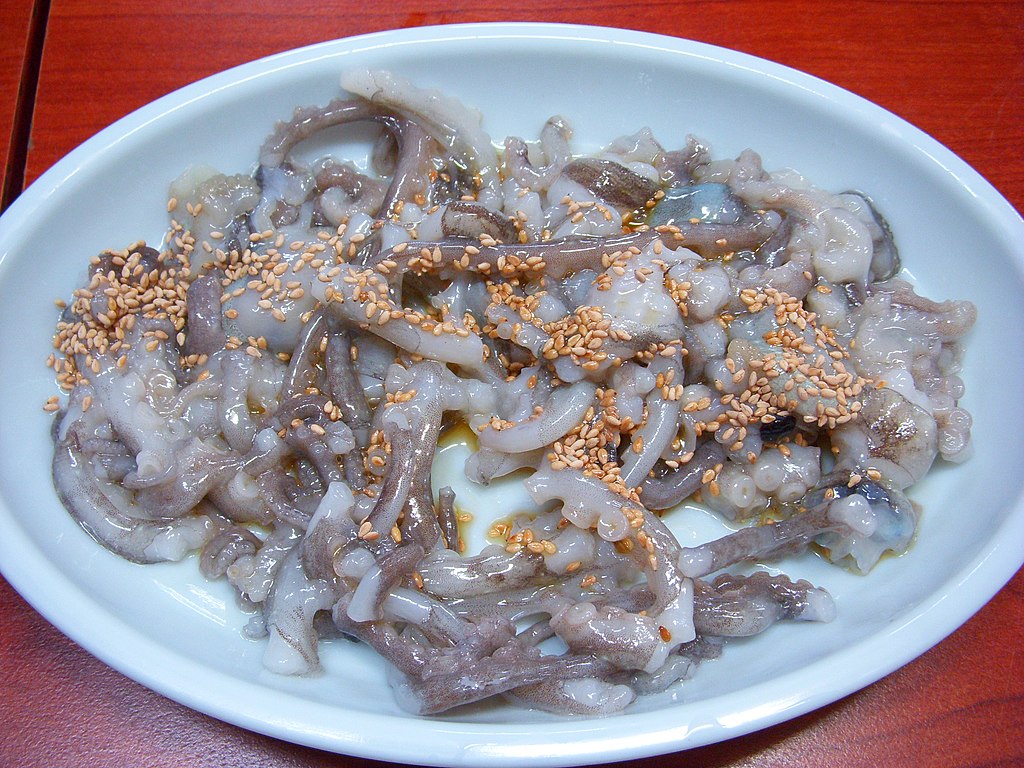 Photo by LWY at flickr on Wikimedia Commons
Photo by LWY at flickr on Wikimedia Commons
31. Kava (Several Countries)
A drink made from the kava plant, it's popular in Pacific Island cultures for its calming effects. However, concerns about liver damage have led to its ban in countries like Canada and Germany.
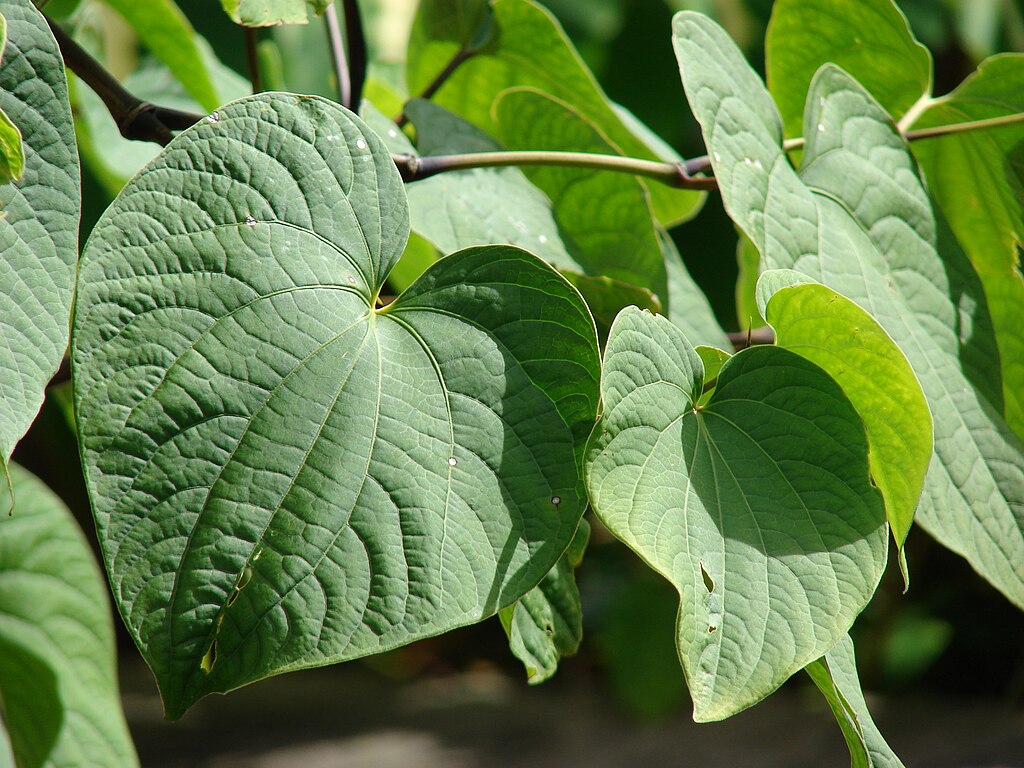 Photo by Forest & Kim Starr on Wikimedia Commons
Photo by Forest & Kim Starr on Wikimedia Commons
32. Silverstripe Blaasop (Several Countries)
This fish, found around the Indian Ocean, can be toxic if not prepared correctly. Many countries discourage or ban its consumption.
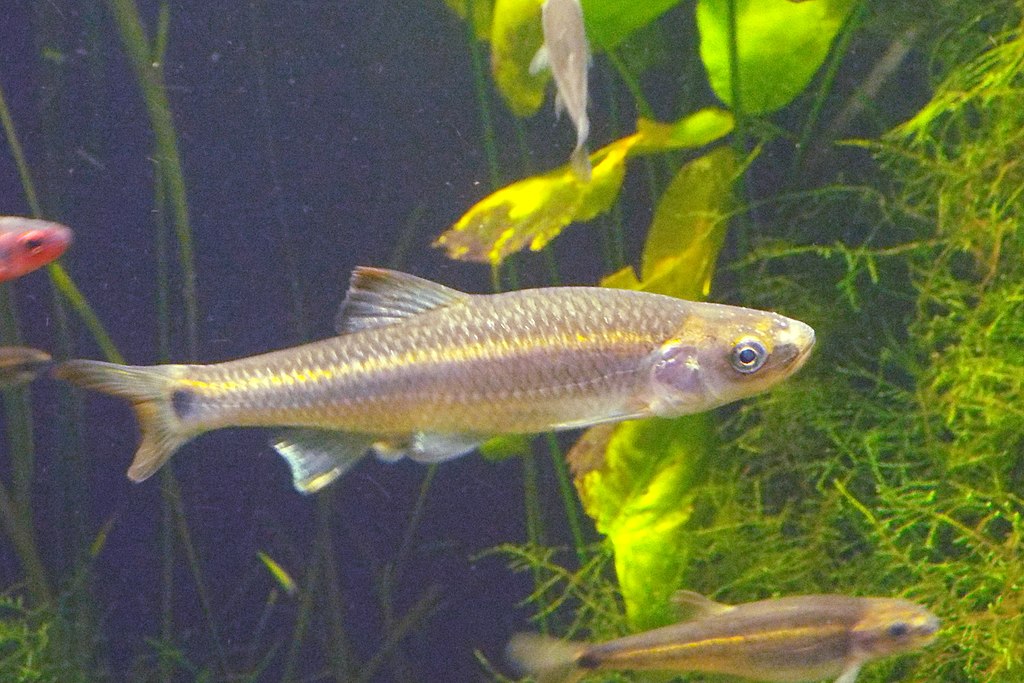 Photo by Sesamehoneytart on Wikimedia Commons
Photo by Sesamehoneytart on Wikimedia Commons
33. Snake Wine (Several Countries)
Made by fermenting whole snakes in rice wine, this beverage is banned in many countries because of concerns about the treatment of the animals and potential health risks.
34. Civet Coffee (USA)
While not banned outright, there are import restrictions on civet coffee due to concerns about the spread of disease. The coffee is made from beans eaten and then excreted by civets.
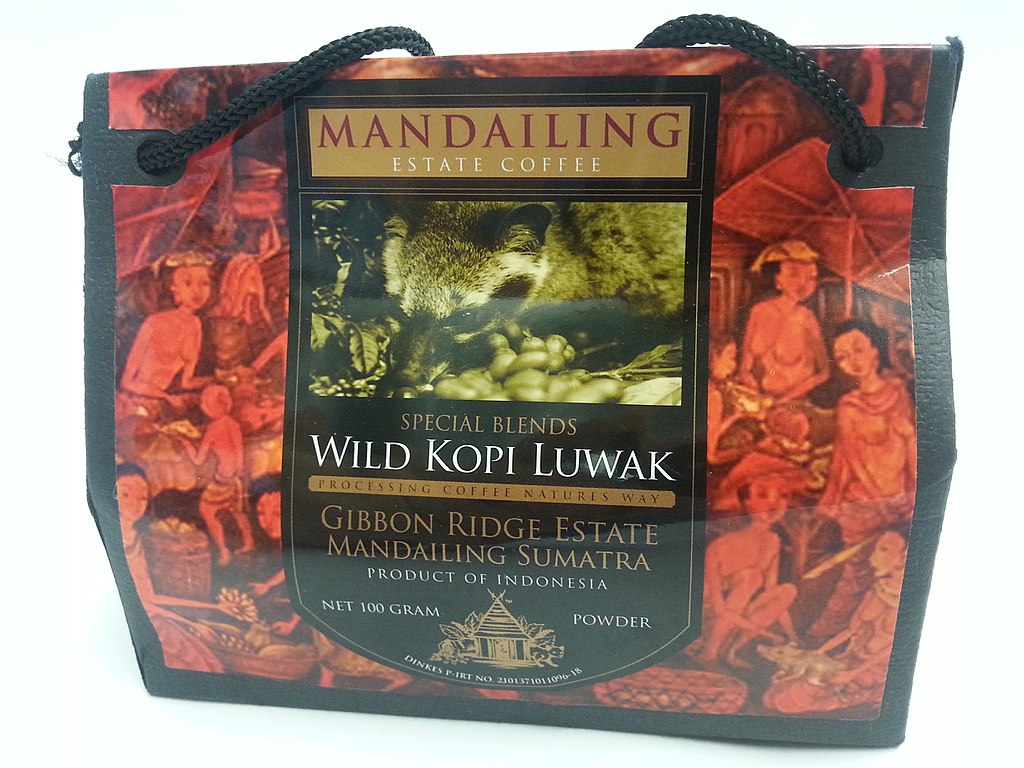 Photo by Ato 01 on Wikimedia Commons
Photo by Ato 01 on Wikimedia Commons
35. Betel Nuts (Several Countries)
Often chewed as a stimulant in some Asian countries, betel nuts have been linked to health issues, leading to bans in places like Taiwan on its flavored or sweetened versions.
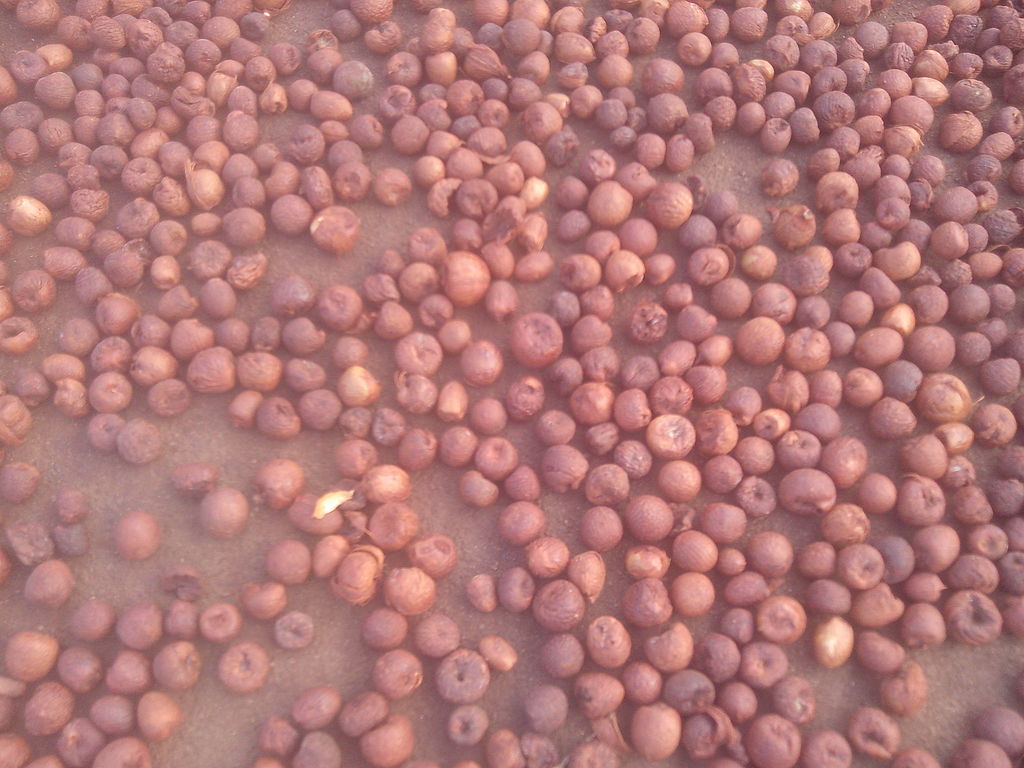 Photo by Thamizhpparithi Maari on Wikimedia Commons
Photo by Thamizhpparithi Maari on Wikimedia Commons
36. Hakarl (Several Countries)
This Icelandic delicacy, made from fermented shark, contains high levels of urea and ammonia. It's banned in several countries due to its strong smell and potential health risks.
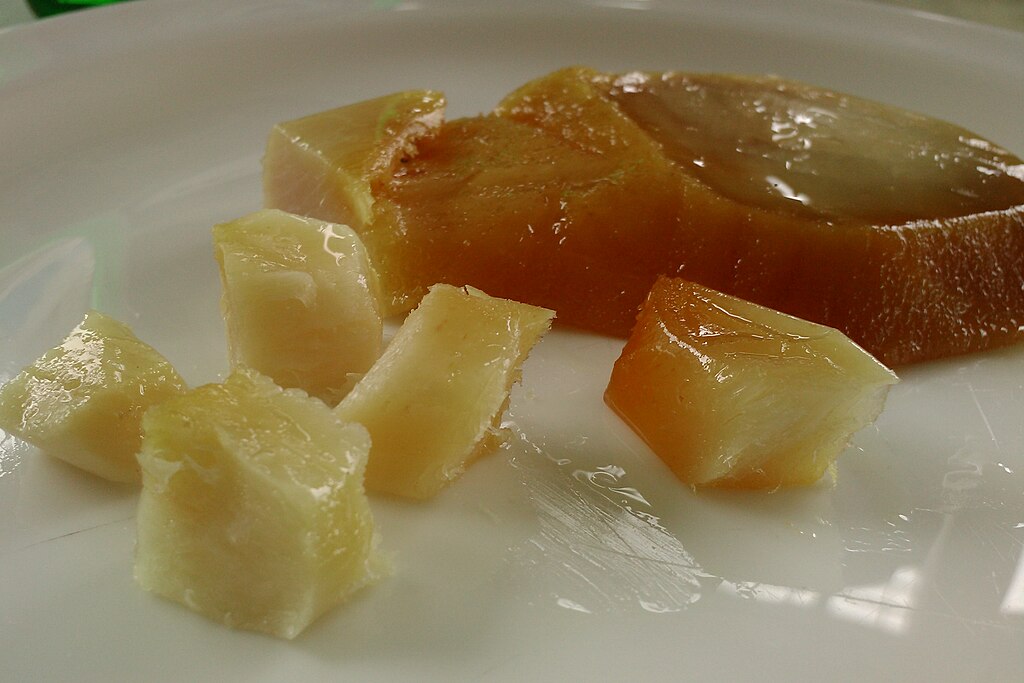 Photo by Xfigpower on Wikimedia Commons
Photo by Xfigpower on Wikimedia Commons
37. Raw Cashews (USA)
What many people don't realize is that cashews in their natural form contain urushiol, a chemical also found in poison ivy. Truly raw cashews are banned in the U.S. due to this toxin.
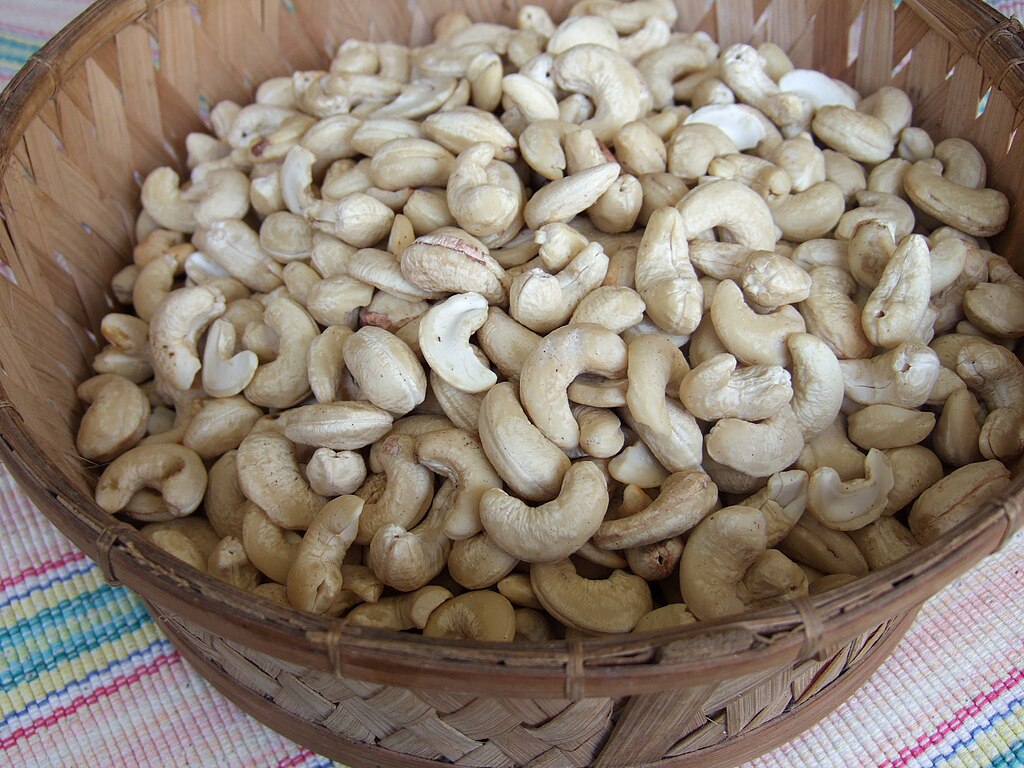 Photo by Sakurai Midori on Wikimedia Commons
Photo by Sakurai Midori on Wikimedia Commons
38. Green Potatoes (Several Countries)
Potatoes that have turned green contain solanine, a natural toxin. While not an official ban, many countries advise against consumption.
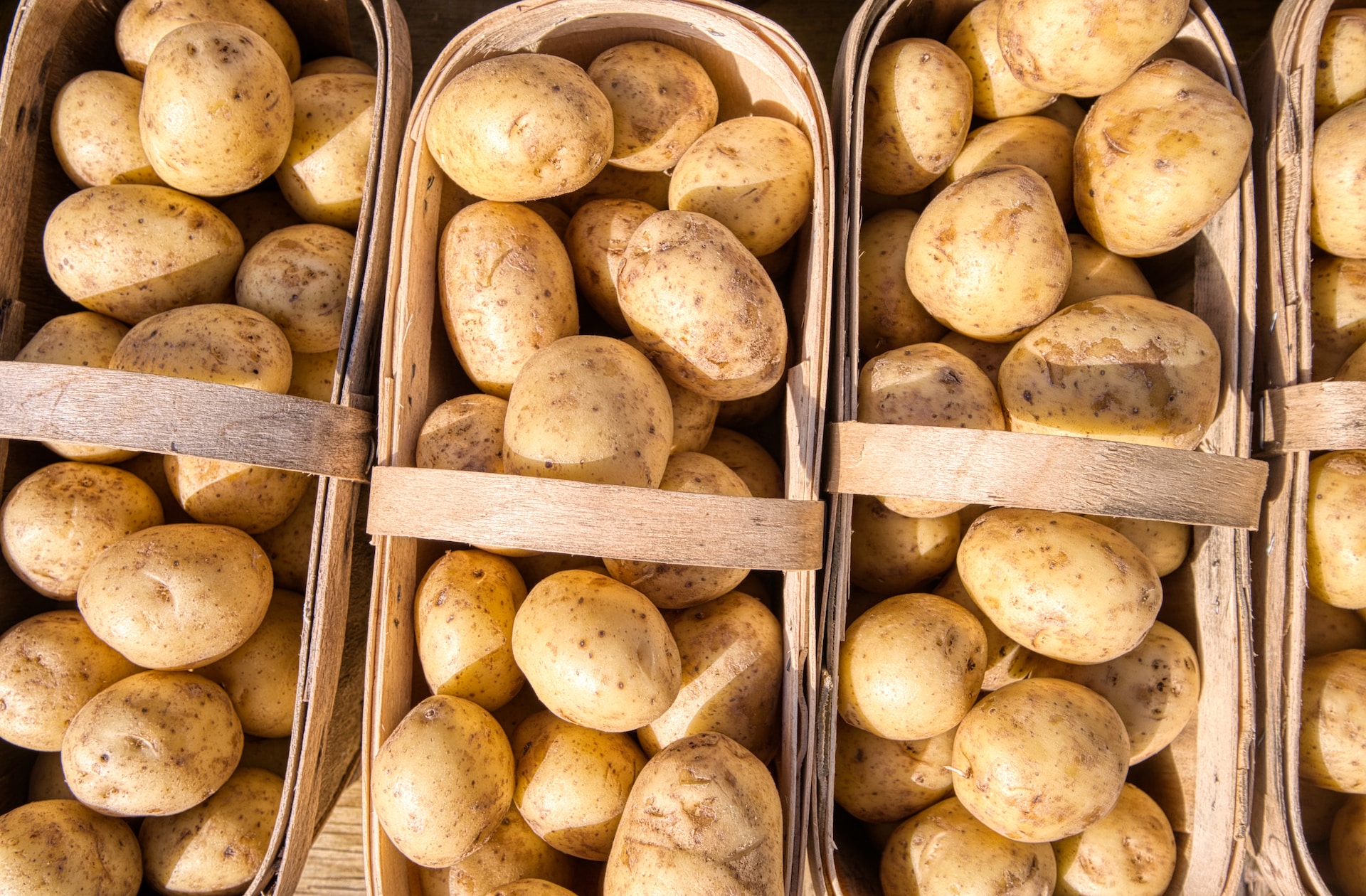 Photo by Eric Prouzet on Unsplash
Photo by Eric Prouzet on Unsplash
39. Mimolette Cheese (USA)
Aged Mimolette, a bright orange cheese from France, was once under scrutiny in the U.S. because the cheese mites used in its aging process were considered an allergen and health risk. While not universally banned, shipments have been halted or rejected in the past due to mite infestations.
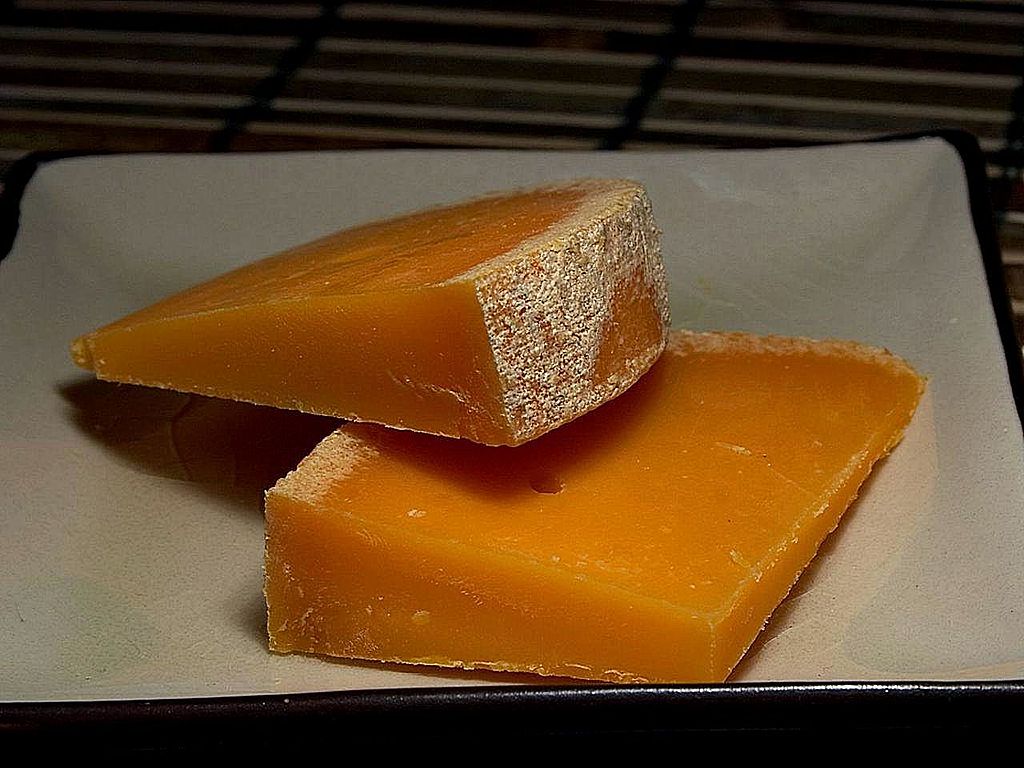 Jon Sullivan, Public domain, via Wikimedia Commons
Jon Sullivan, Public domain, via Wikimedia Commons
40. Casabe (Several Countries)
Made from bitter cassava, this flatbread must be prepared correctly to remove naturally occurring cyanide. It's banned in countries where proper preparation methods aren't common.
KEEP ON READING

20 Reliable Desserts That Diabetics Can Enjoy



